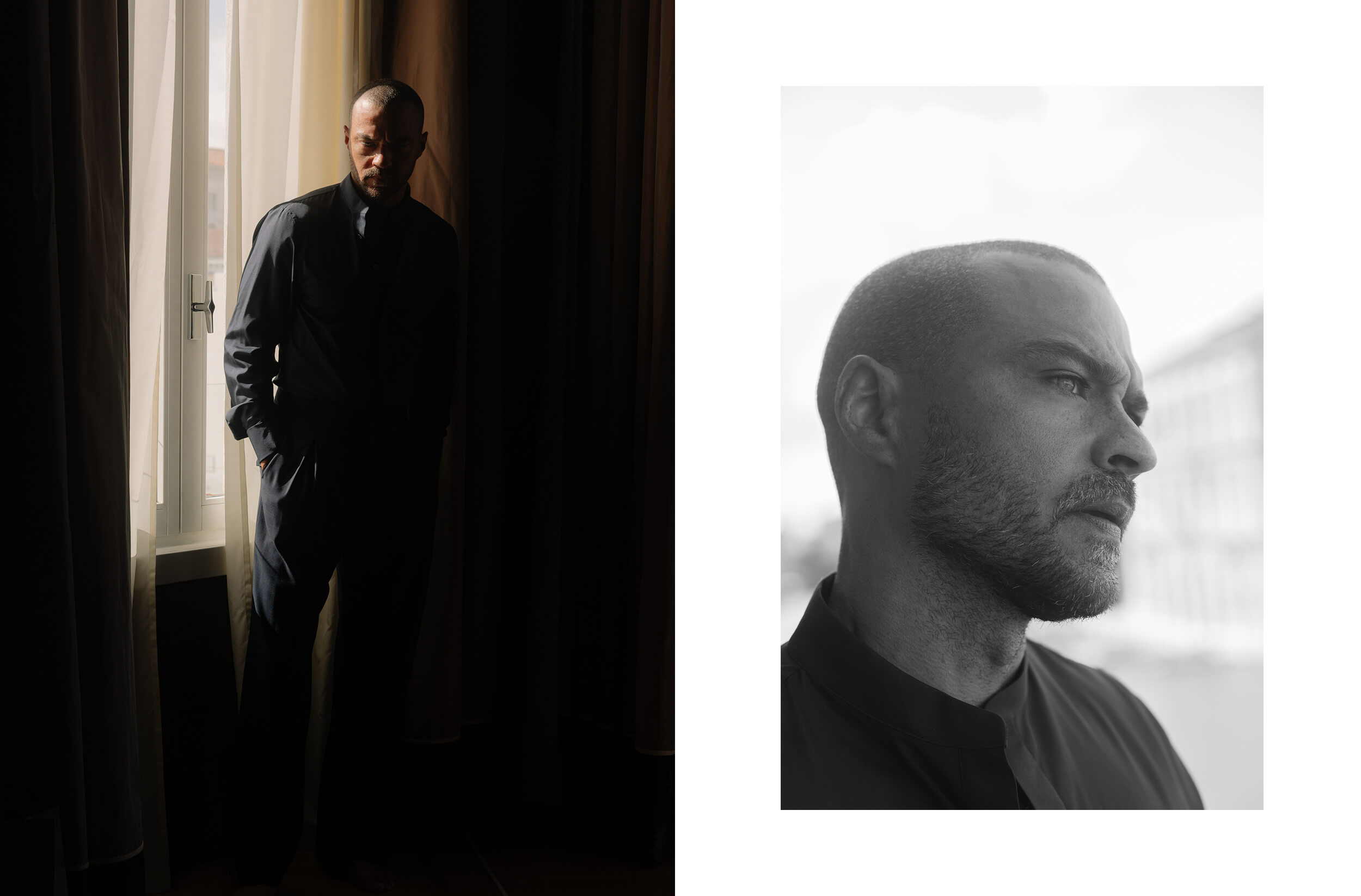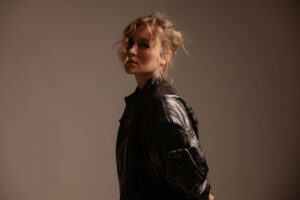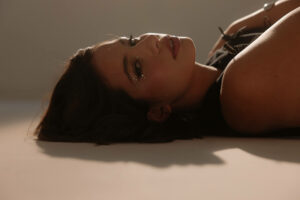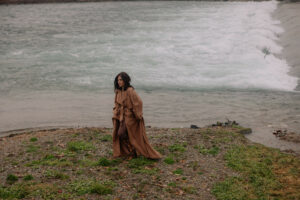There’s a quiet intensity in the way Jesse Williams speaks — a thoughtful rhythm that mirrors the very duality of “Hotel Costiera”, the new Prime Video series that brings him to Italy, both literally and emotionally.
Known for his social activism and a career that has continuously navigated the worlds of art and purpose, Jesse steps into the shoes of Daniel DeLuca — a man caught between two lives, two countries, and the endless search for meaning.
“Hotel Costiera” is a blend of mystery, drama, and dark humor: the kind of project that lets Jesse explore every side of his artistry, the wit, the depth, the action, and the vulnerability of feeling lost.
Whether discussing the craft of performance, the discipline of preparation, or the quiet moments of escape and self-discovery, my chat with Jesse captures the actor behind the role, offering a closer look at our October Cover Story.
What’s your first cinema memory?
My first cinema memory is probably not the first time I went to the movies, but the time I snuck into the movie theatre with my friends to watch “Teenage Mutant Ninja Turtles”.
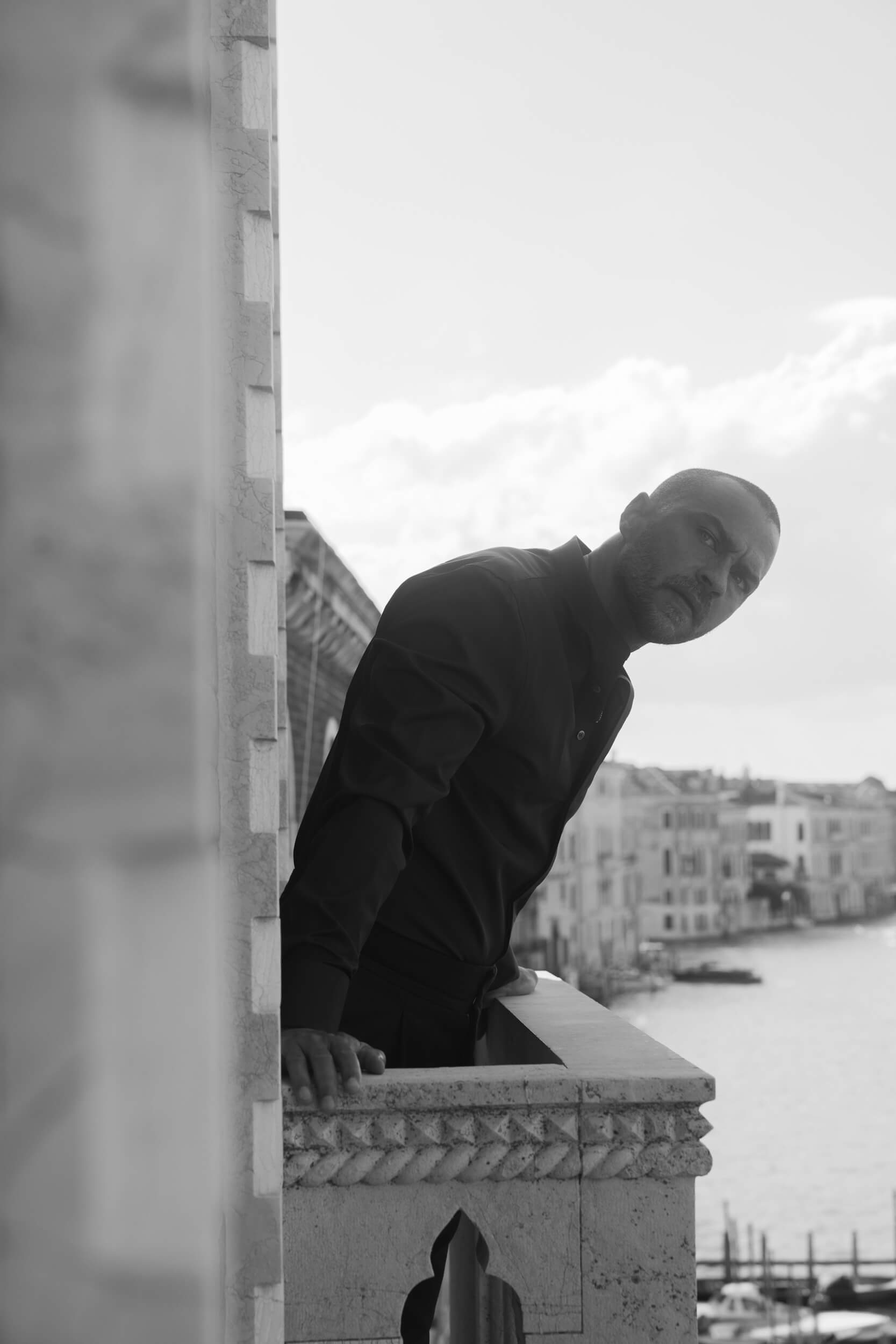
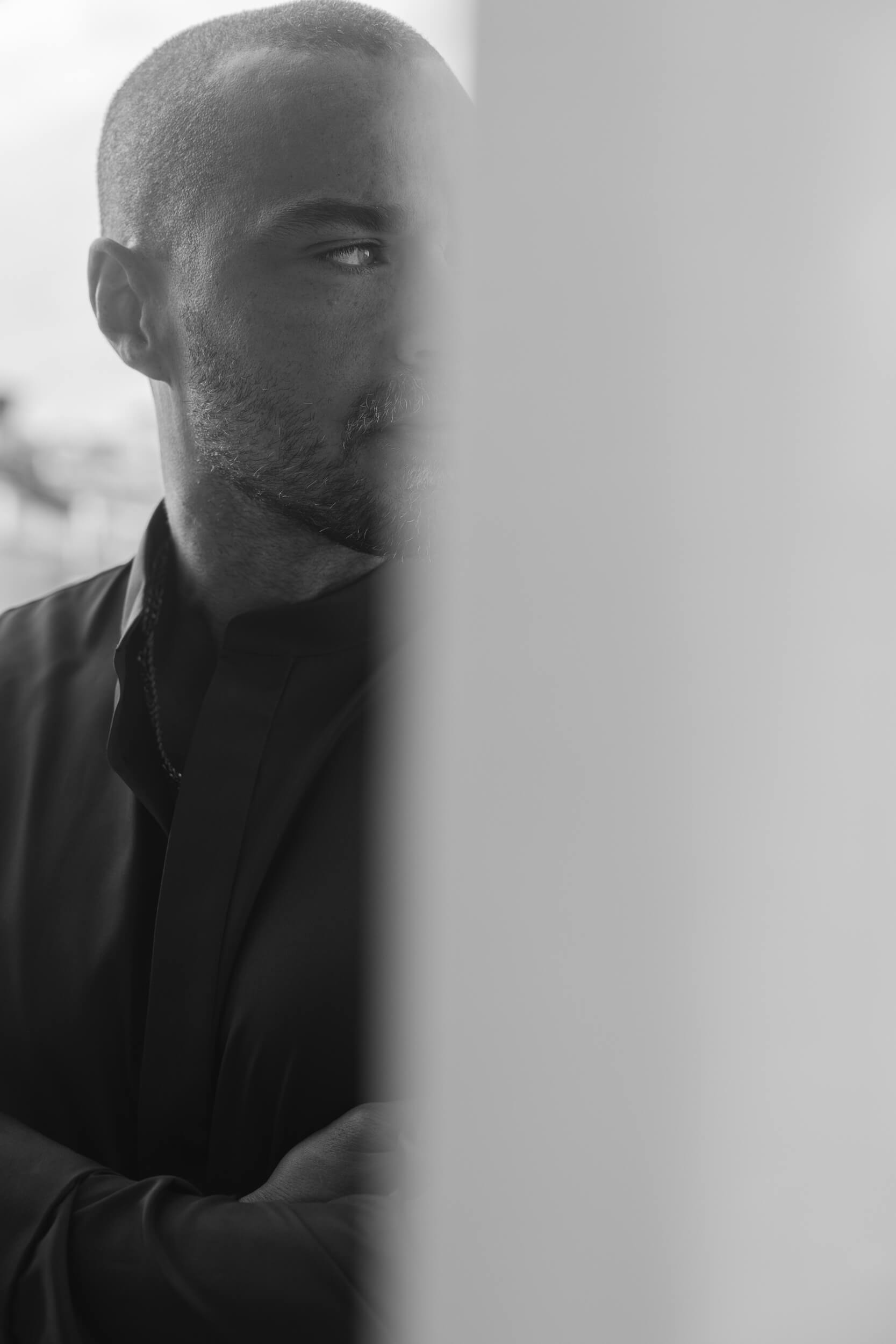
Why did you have to sneak into the movie theater?
To watch it a second time after paying to watch it the first! [laughs]
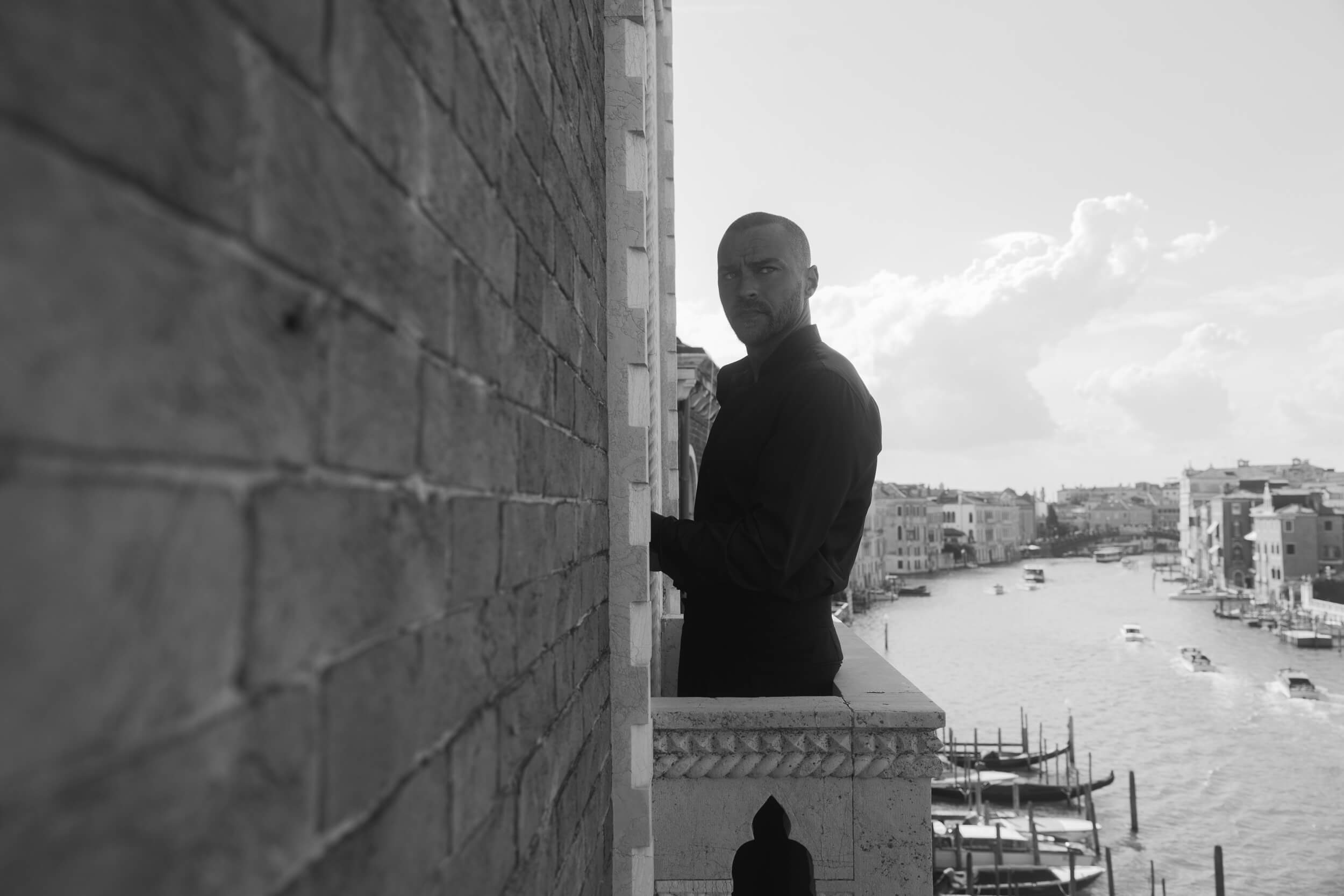
Of course! [laughs] Now, speaking of “Hotel Costiera”, how did you become part of this project and what were your first thoughts about it when you first read the script?
It was offered to me when it was the very first draft of the script, which was written entirely in Italian and then translated to English. Adam Bernstein, our showrunner, who’s got an incredible resume of shows, like “Breaking Bad”, “Better Call Saul” and “Fargo”, asked to meet with me to talk to me about doing it. And I just loved the character, a guy that’s lost, even though he’s committed himself to so many things in life, kind of everything but himself. I thought it would be a really interesting character to try to figure out and to be able to shoot it entirely in a different country. You know, he’s a guy stuck between two worlds, and I thought all of those were really great ingredients to a performance.
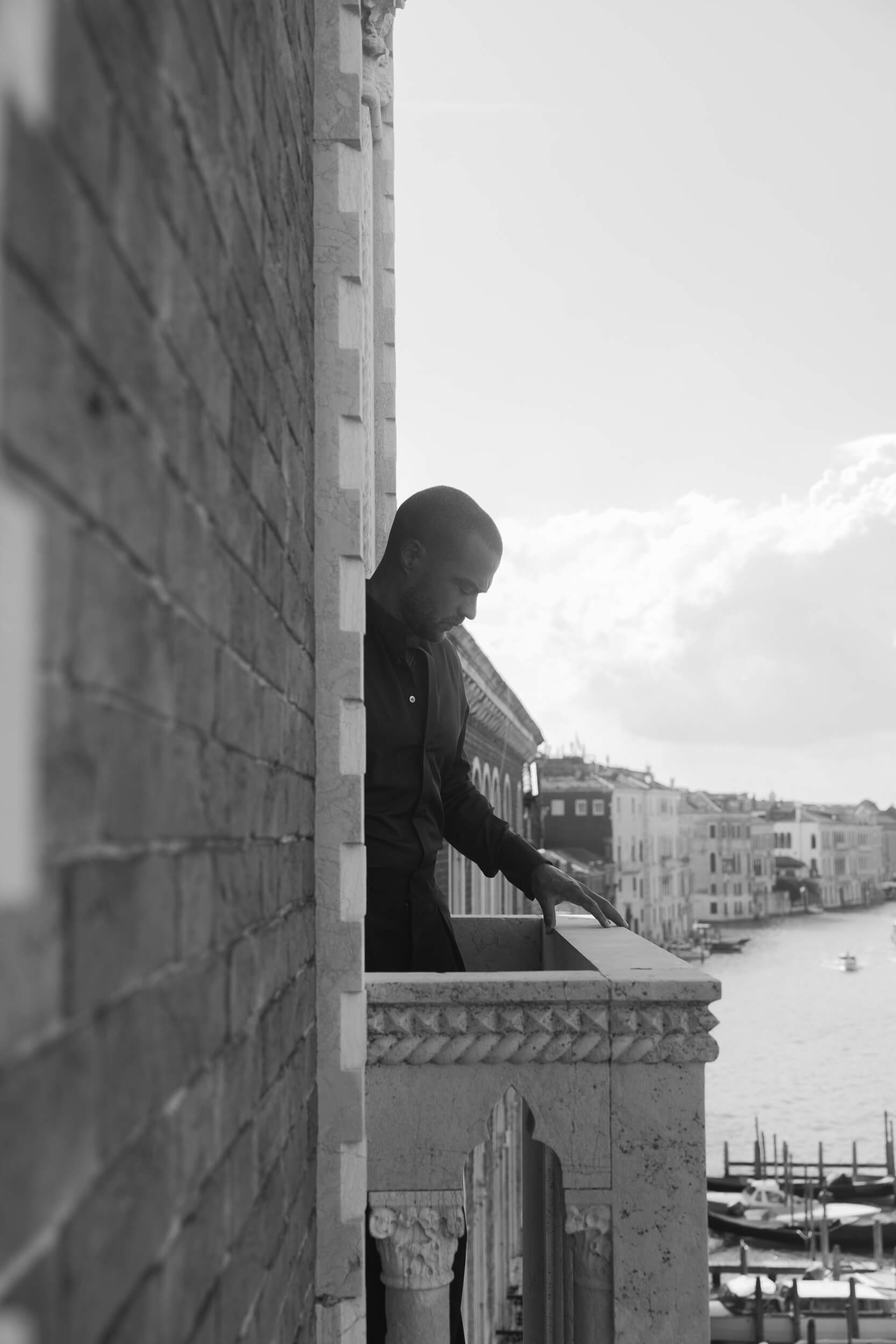
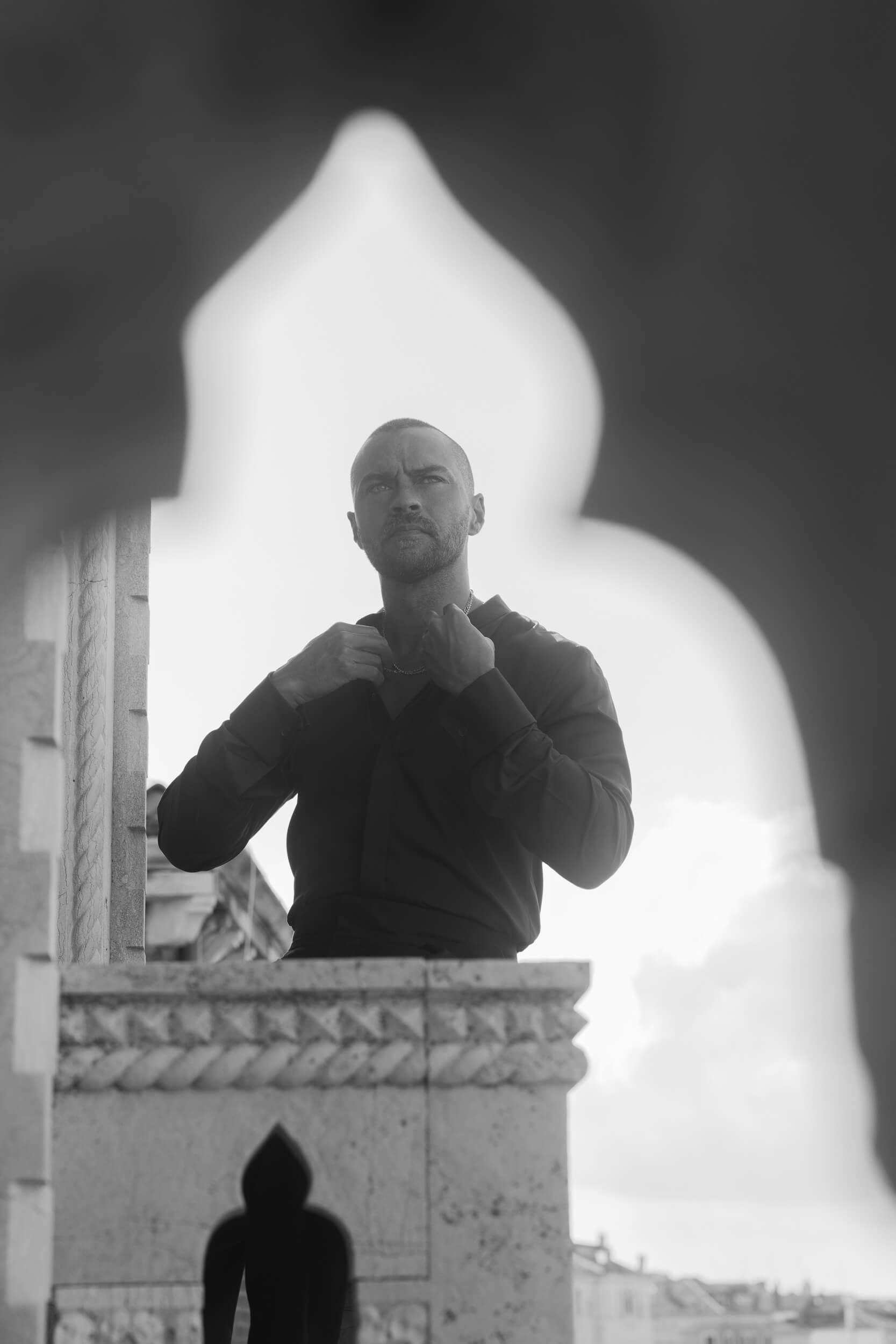
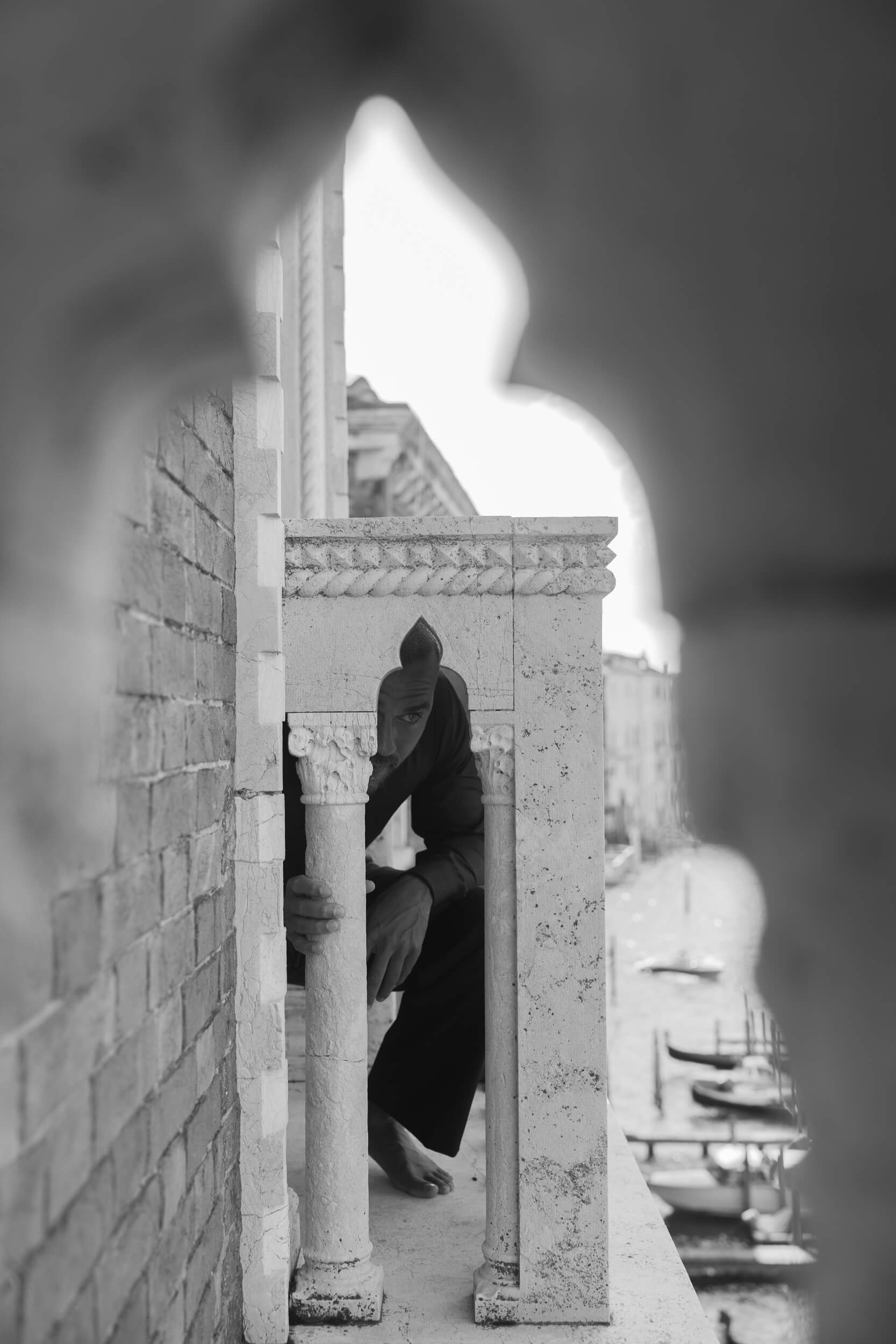
“And I just loved the character, a guy that’s lost, even though he’s committed himself to so many things in life, kind of everything but himself.”
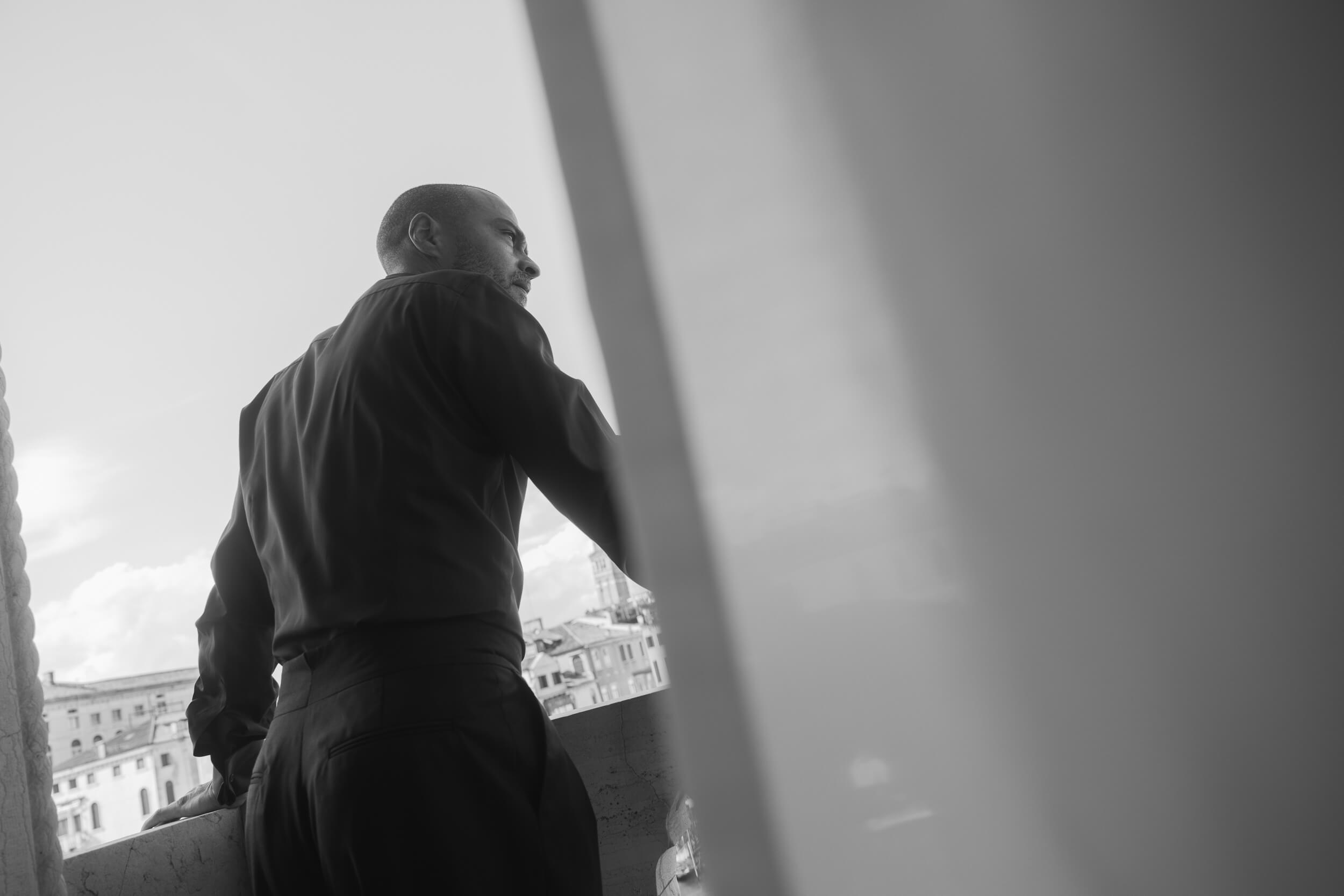
Yeah, in fact, the show is quite unique because it’s a mixture of drama, mystery, comedy, but there’s also action. How did you approach balancing all these nuances in your performance?
One of the things that attracted me most to the show was being able to do comedy, but also still act “in the traditional sense”, do drama, have intensity and high stakes. And also, I love action, I’ve wanted to do action for a while – I’m kind of traditional in that way. I grew up watching a lot of action movies, and it’s fun. It helped as a producer to map out the story, being involved in story development and casting and just a story design that helped track the beats and make sure we’re not overloaded on one side or the other.
That said, we made sure to have every episode be a little bit different in tone than the previous one. We wanted to leave some room for growth and change.
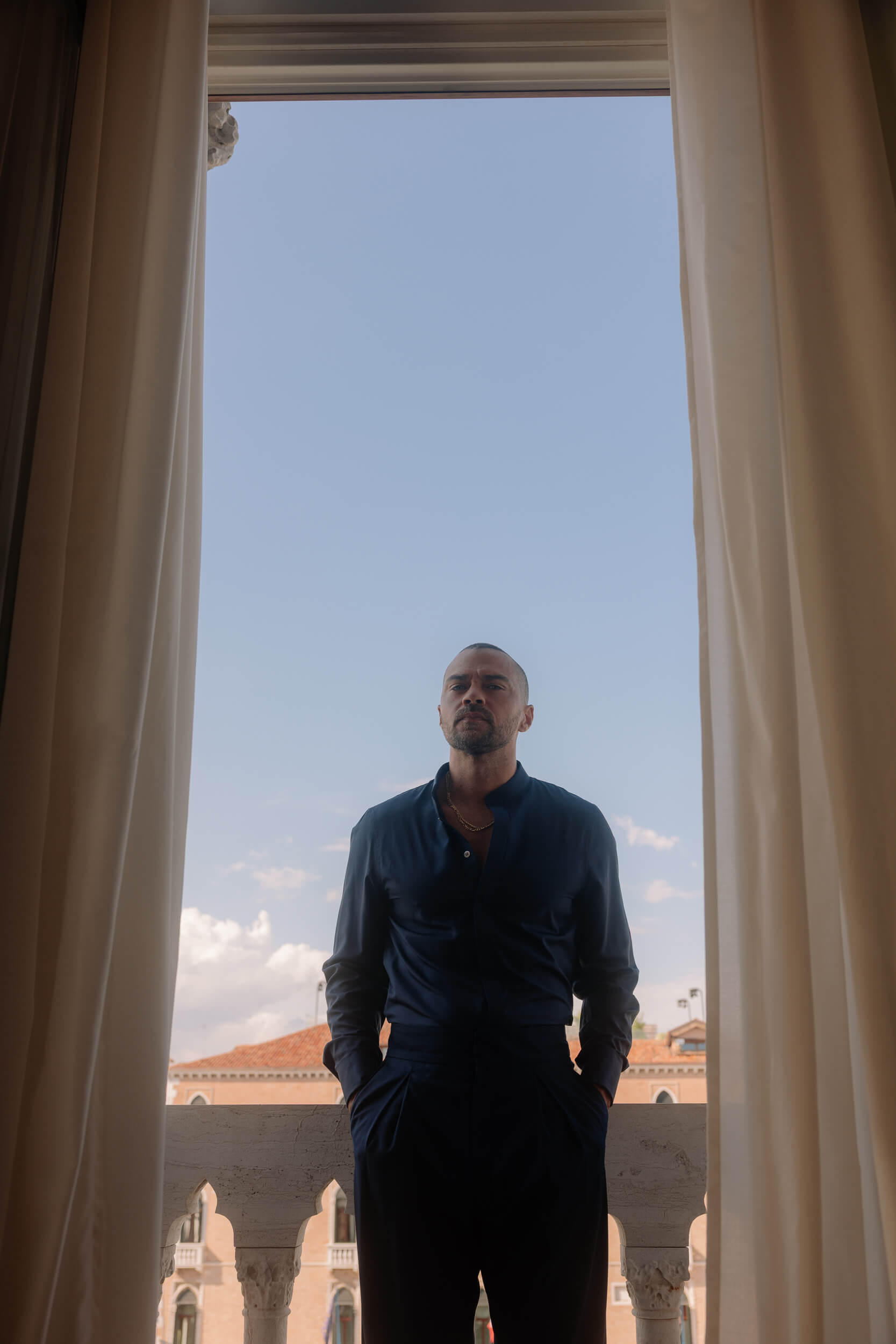
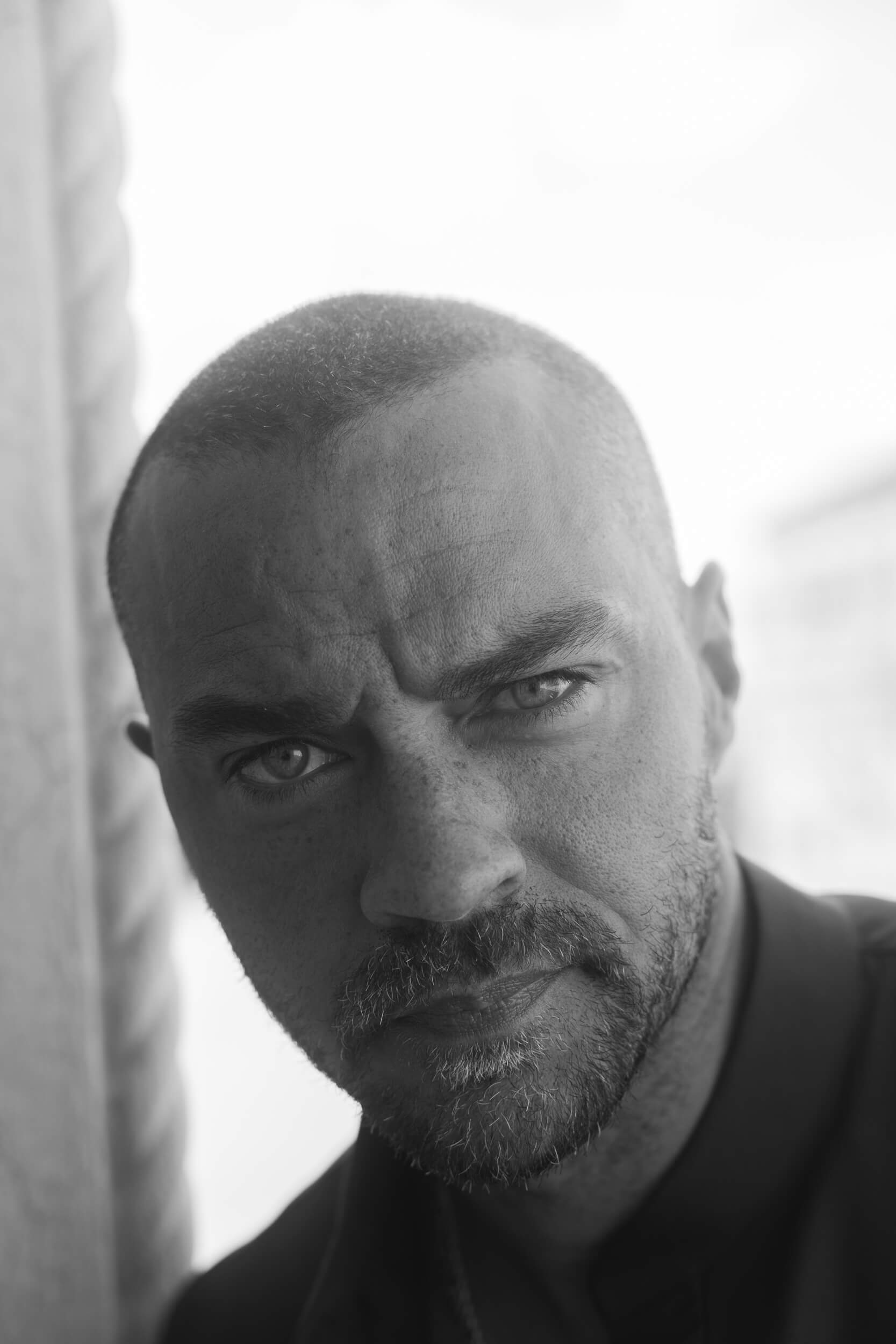
Speaking of your character, Daniel seems to be a lonely person, maybe also for his work and the fact that it seems like he’s not capable of opening to others. How did you approach your character?
He’s like a rudderless boat that can just drift around – that was an important part to try to communicate early. He’s a leader, but he’s also lost. And how do you express both of those things on camera at the same time? That was a really interesting challenge for me. It was very much about mapping. Once you map the story out, I can play the truth of each scene each moment. It’s not the character’s job to see the whole plan, it’s just got to stay present in the current moment. So, I tried not to get too stuck in my checklist of what I needed to accomplish and just be present.
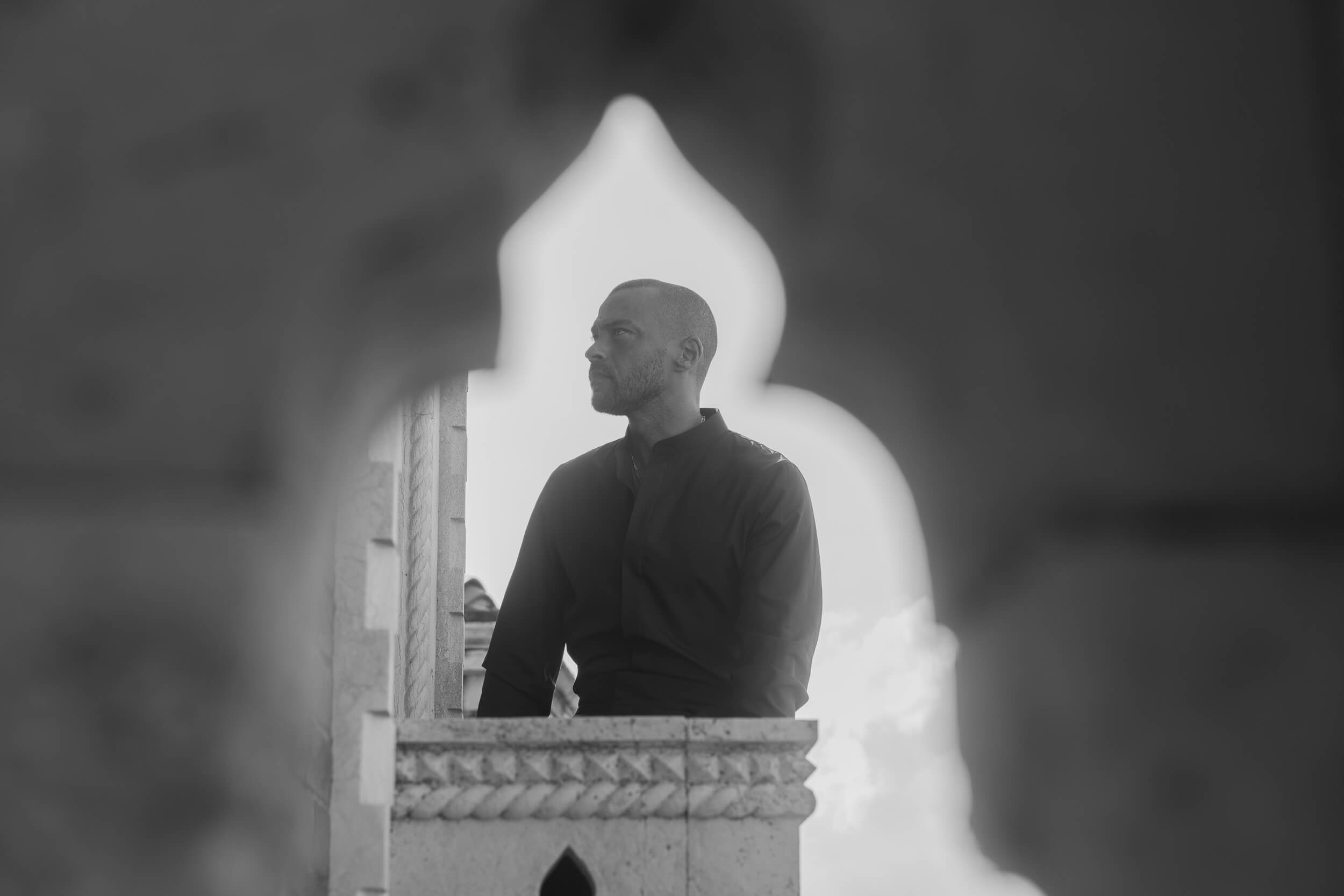
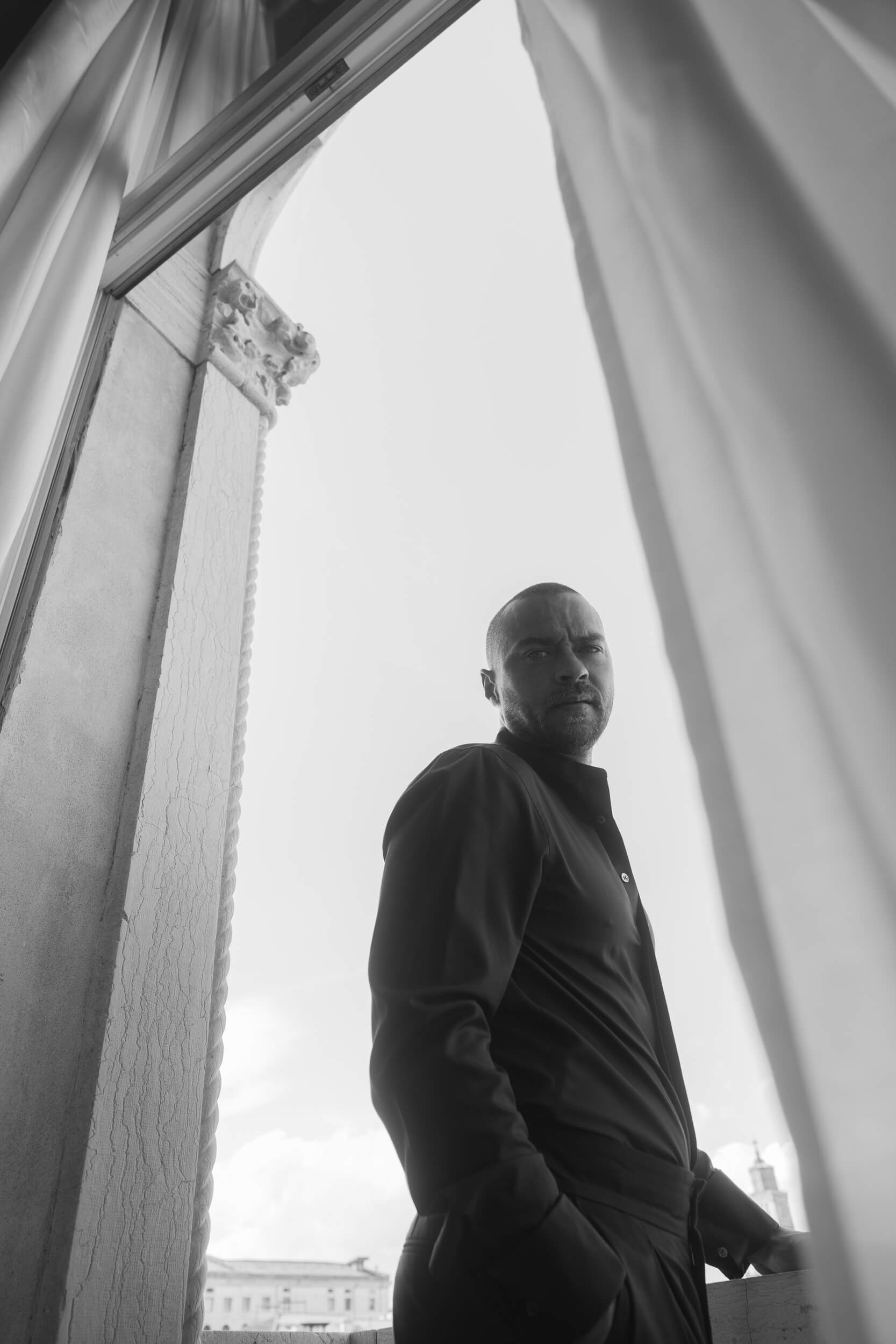
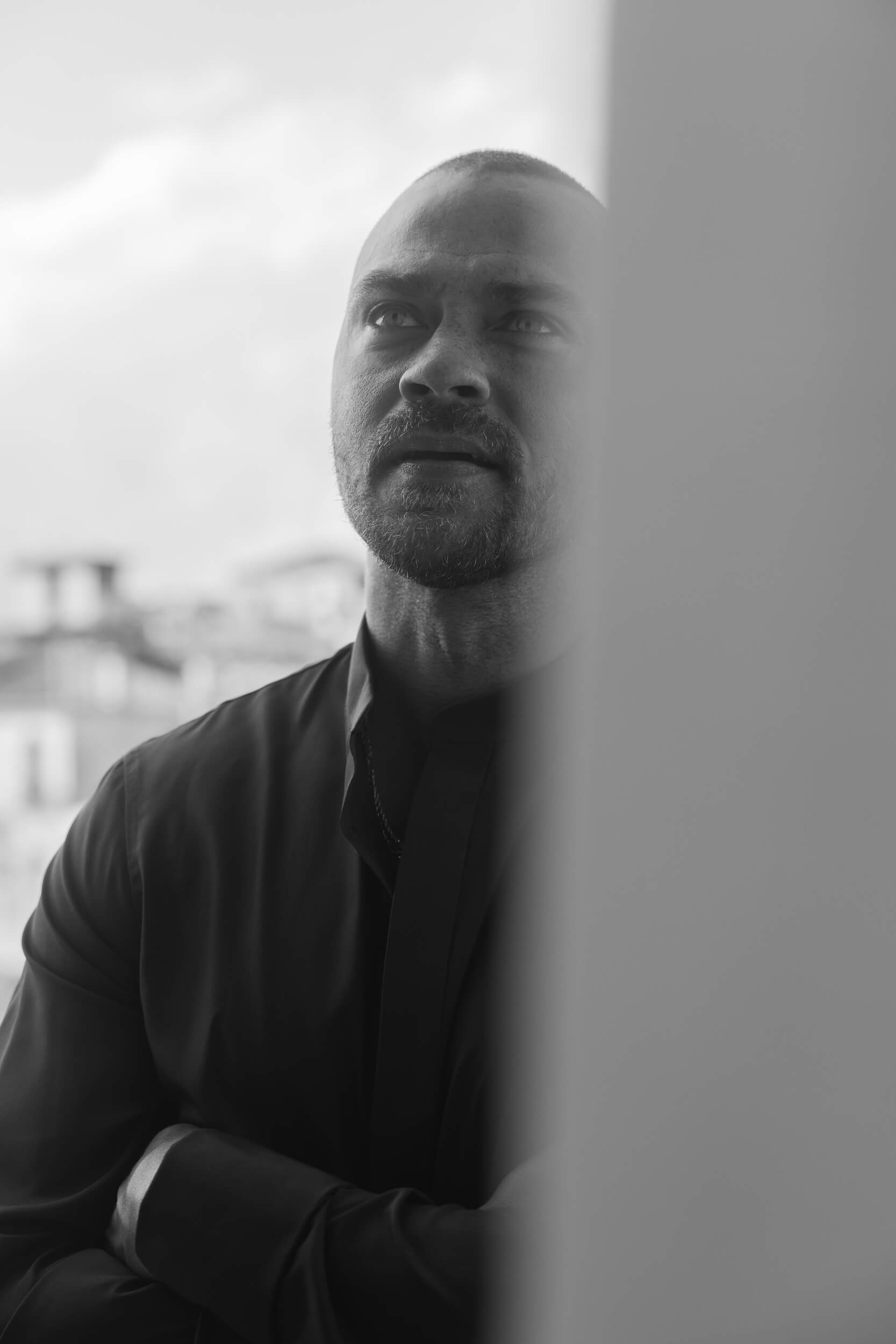
Going back to your production experience, how did wearing both hats, the actor’s hat and the producer’s hat, influence the way you approached the story and the themes of the series?
It was a great way to do it for me, it gave me insight and an ability to affect the whole.
Filmmaking is such a collaborative medium. Everybody affects everybody else, and it’s a lot more work, it’s a lot more brainpower and emotional investment to pay attention to every little detail. But it also helps you feel secure that you’re in good hands because I’m learning from so many great people, and having the conversations about everything that’s around the Daniel DeLuca character. So, I can feel safe and in good hands and know that we’re doing what we set out to accomplish.
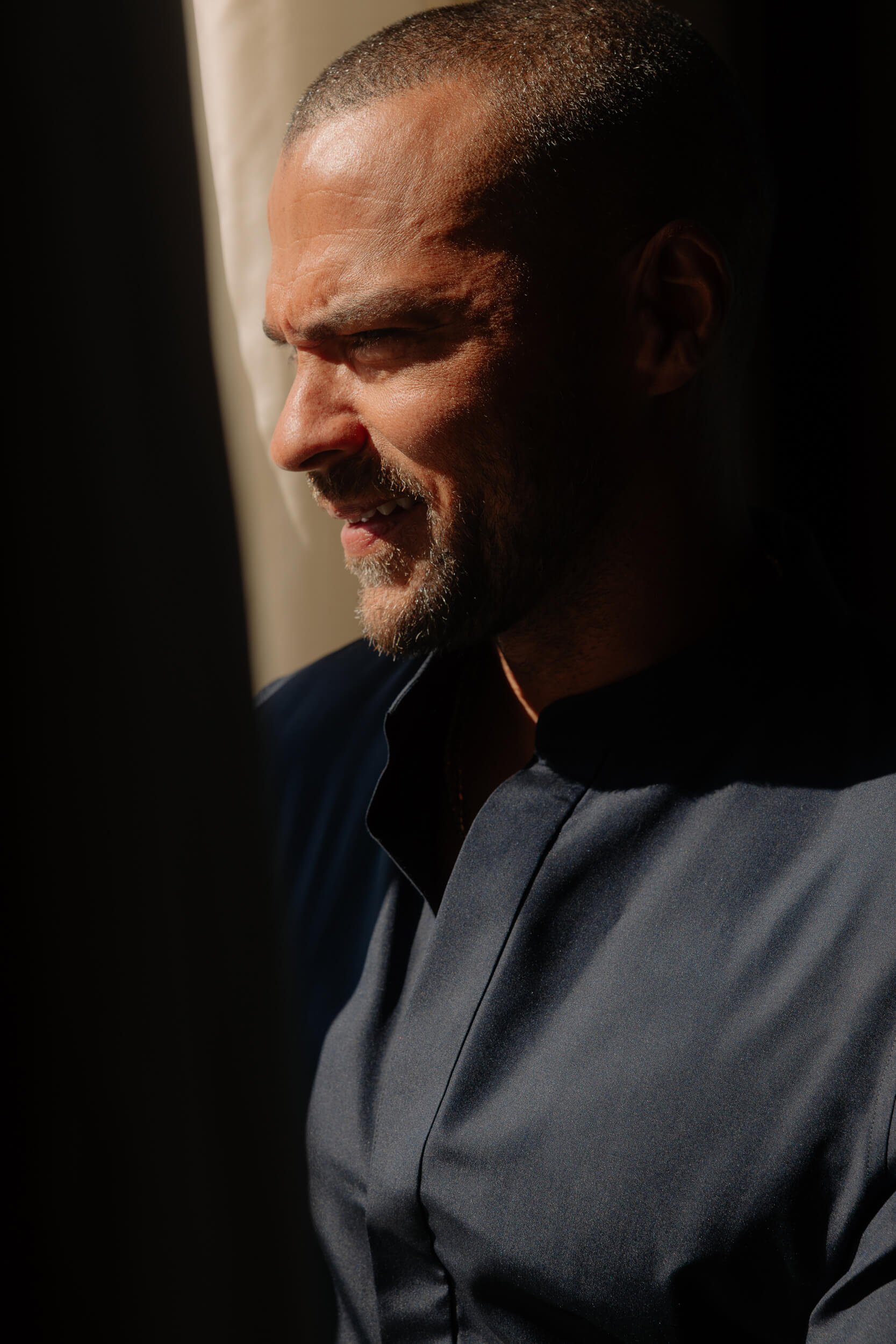
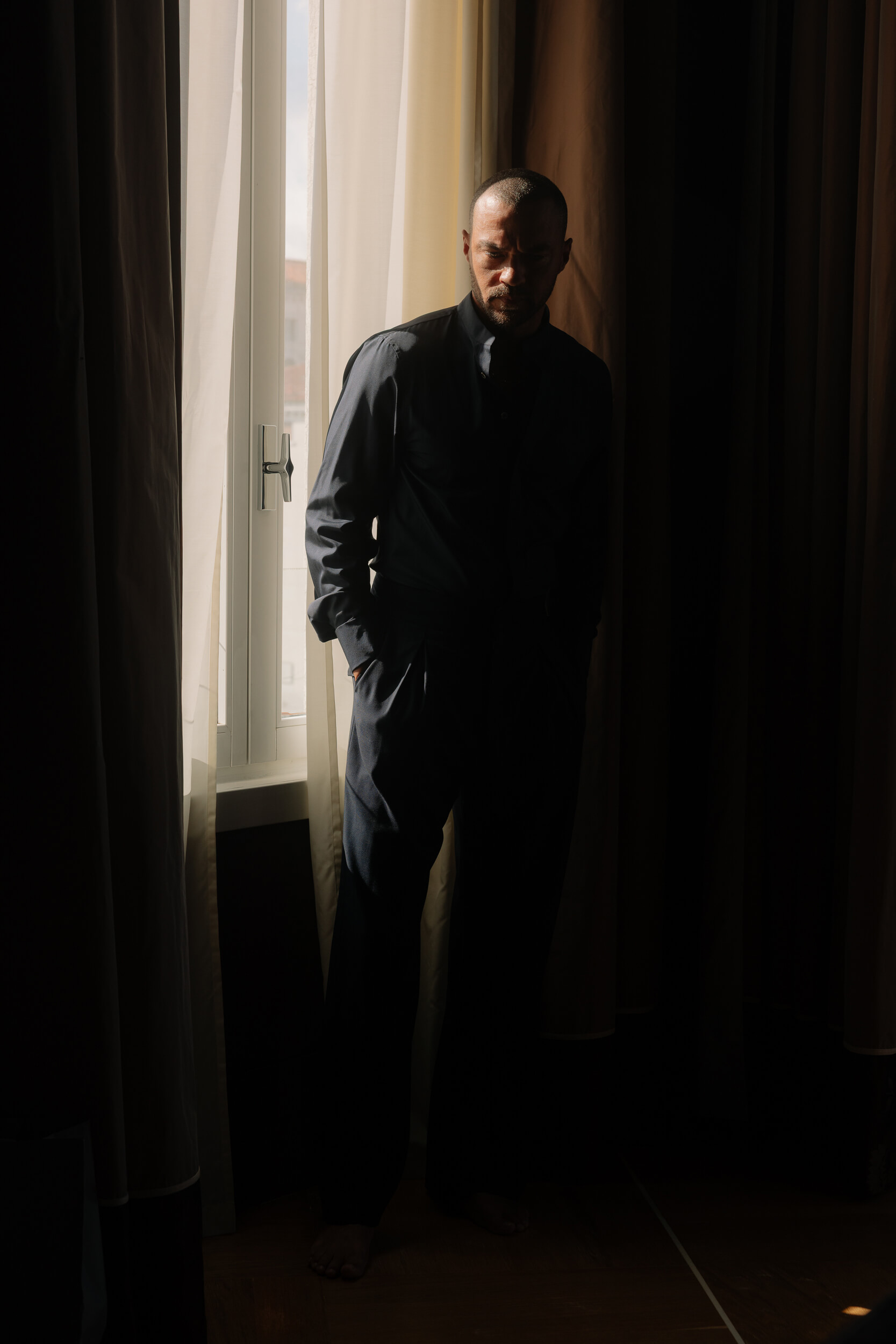
“Filmmaking is such a collaborative medium.”
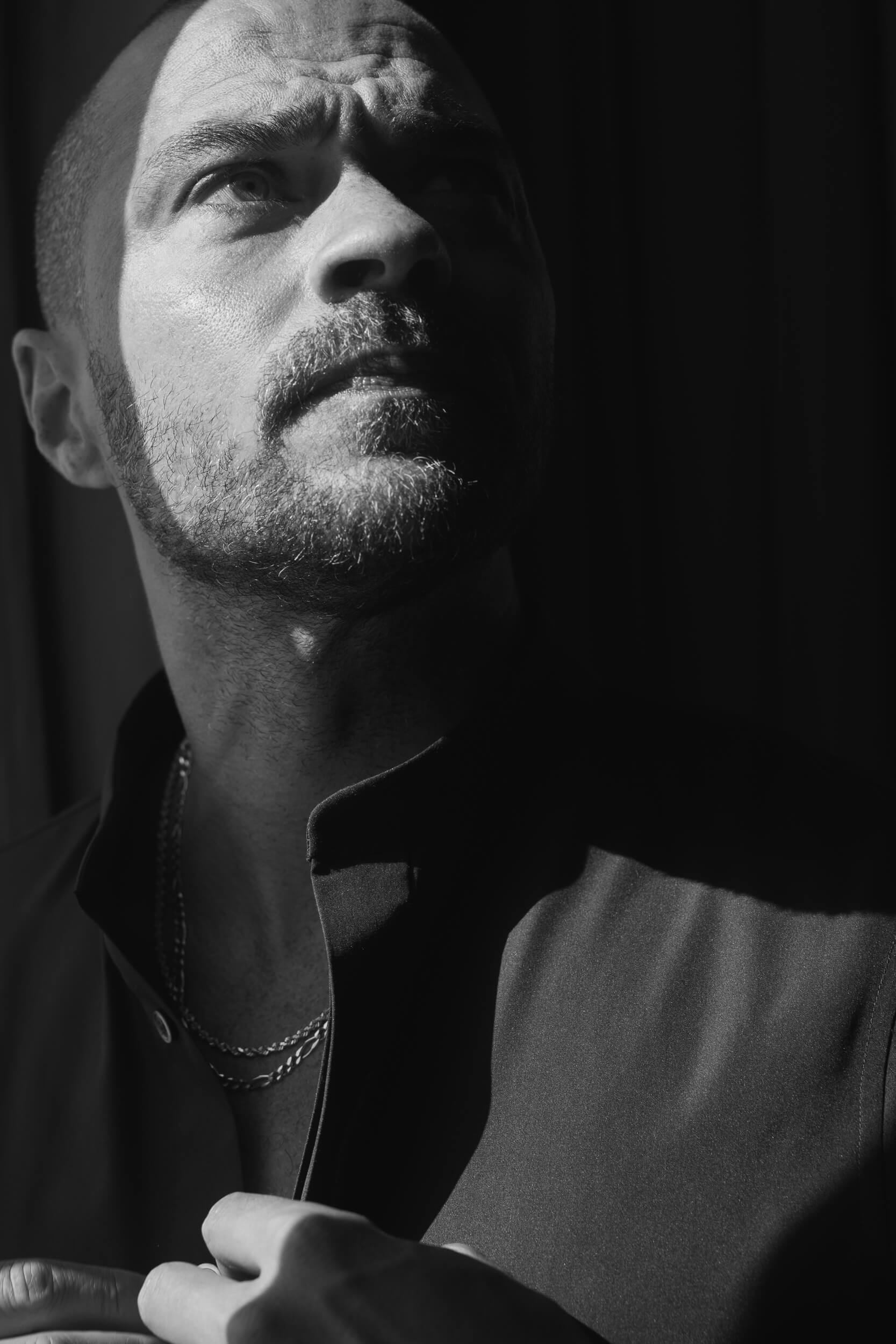
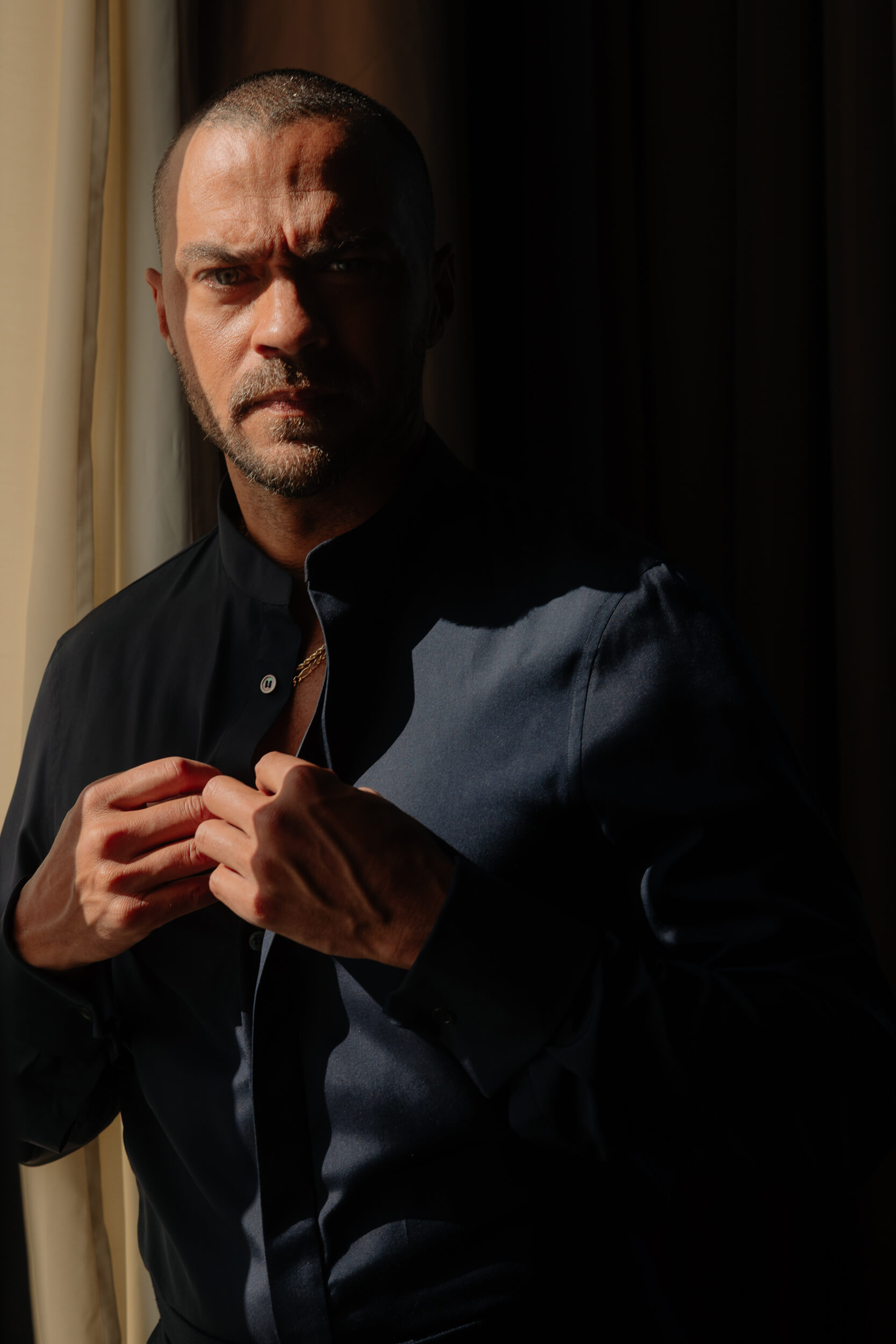
Of course. And I watched an interview where you said that what you will keep with you after doing this show is a sort of sense of family, both because family is a protagonist in this in the show and also because you said that you were fascinated by what family means in Italy. Do you think this experience has somehow changed or expanded your own idea of what family is?
I don’t know that it’s changed my view, but it has left me really encouraged that, though I’m halfway around the world, the culture is not so different than elements of what I grew up in.
Family is a huge part of my culture and that is a nice reminder. I spent almost five months in Italy shooting the first time and I’ve been here about five times in the last three months: this time it’s really become a second home for me. So that’s really, really valuable.
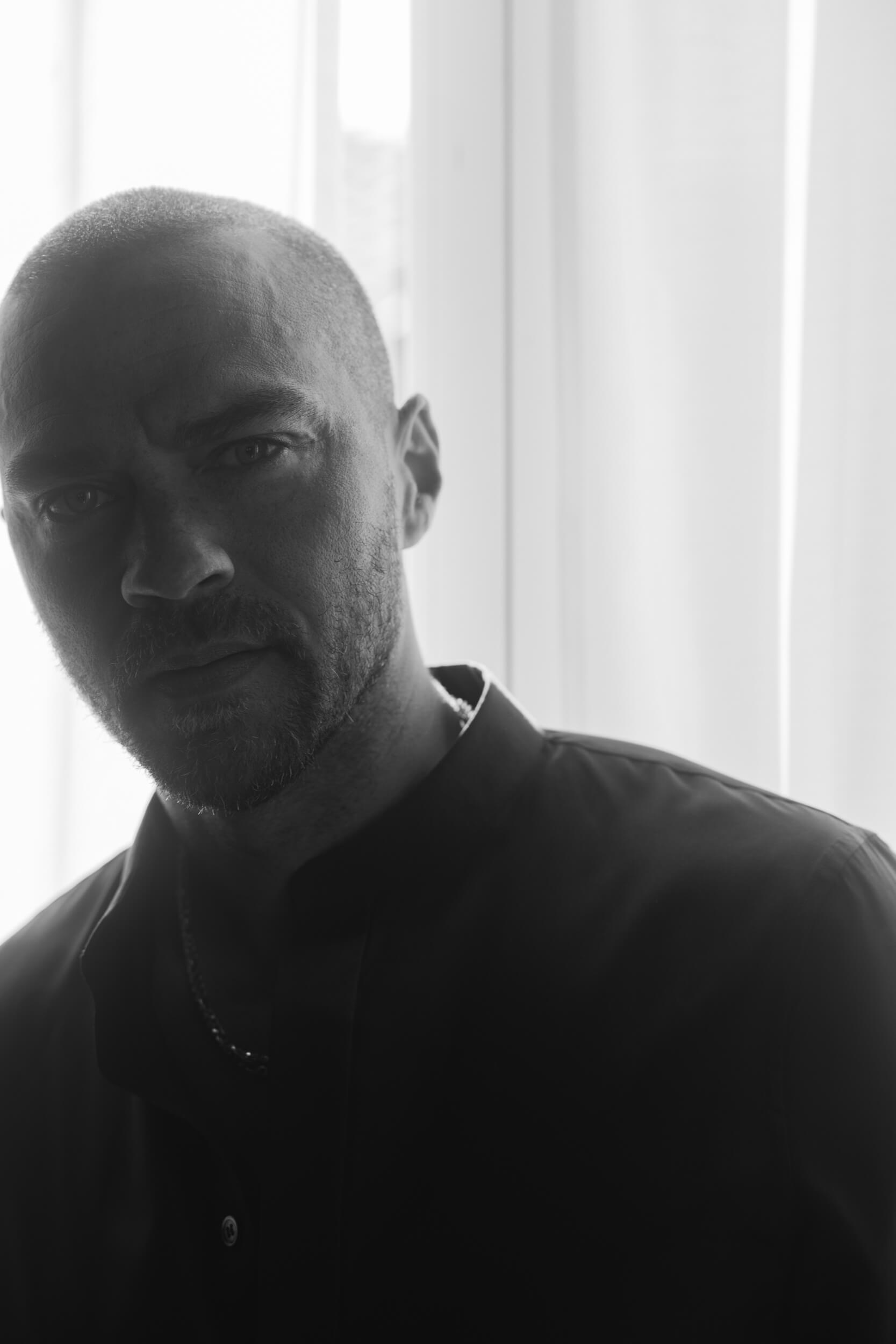
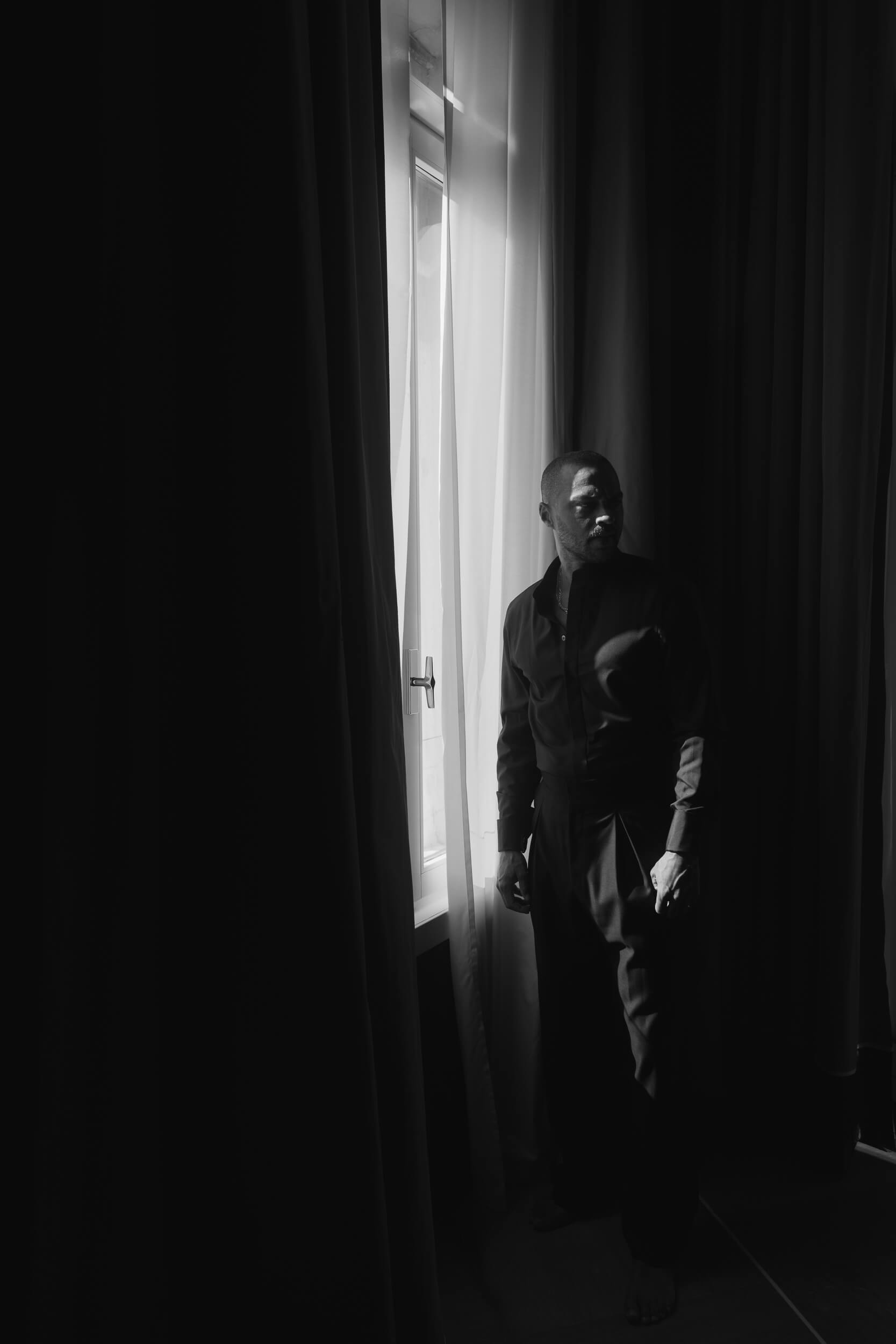
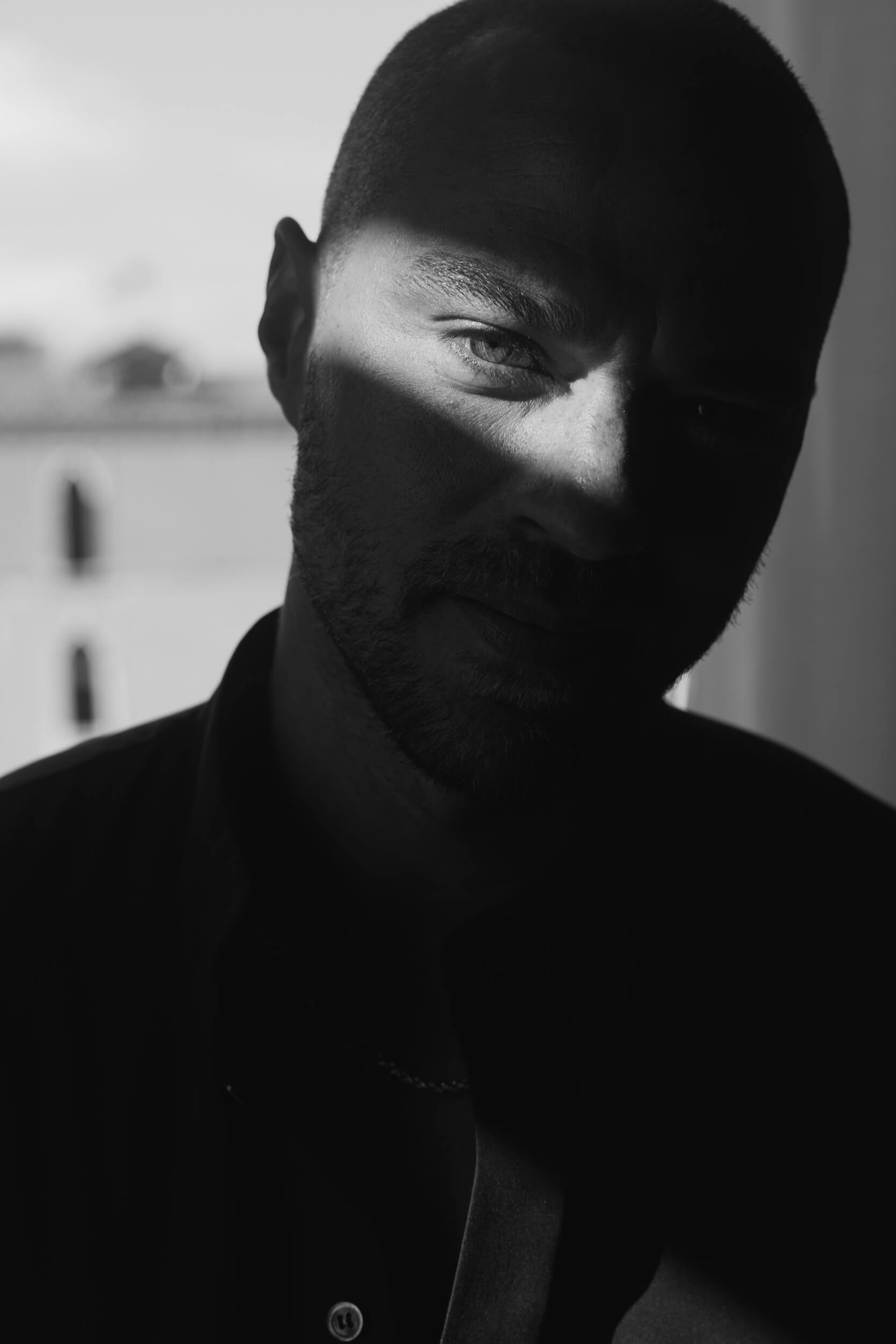
I’m happy to hear that.
This show, as we were saying before, is also very fun. What role does comedy have in your life?
It plays actually a very important role in my life. I think that so much of what I do in terms of activism, work and social justice stuff is very serious. And I’ve grown up on comedy, on British comedy, Monty Python and Eddie Murphy, so comedy is a big glue for me and my brothers and my parents, it’s a huge part of our life. I think that it’s especially important as a balancing fulcrum when you’re invested in so much serious business. You know, you want to stay sane and stay balanced, so a comedy is therapy. Comedy is also difficult, it is really about cerebral decision-making, it’s fast, it’s hard to execute, so I’ve got a lot of respect for the craft of it.
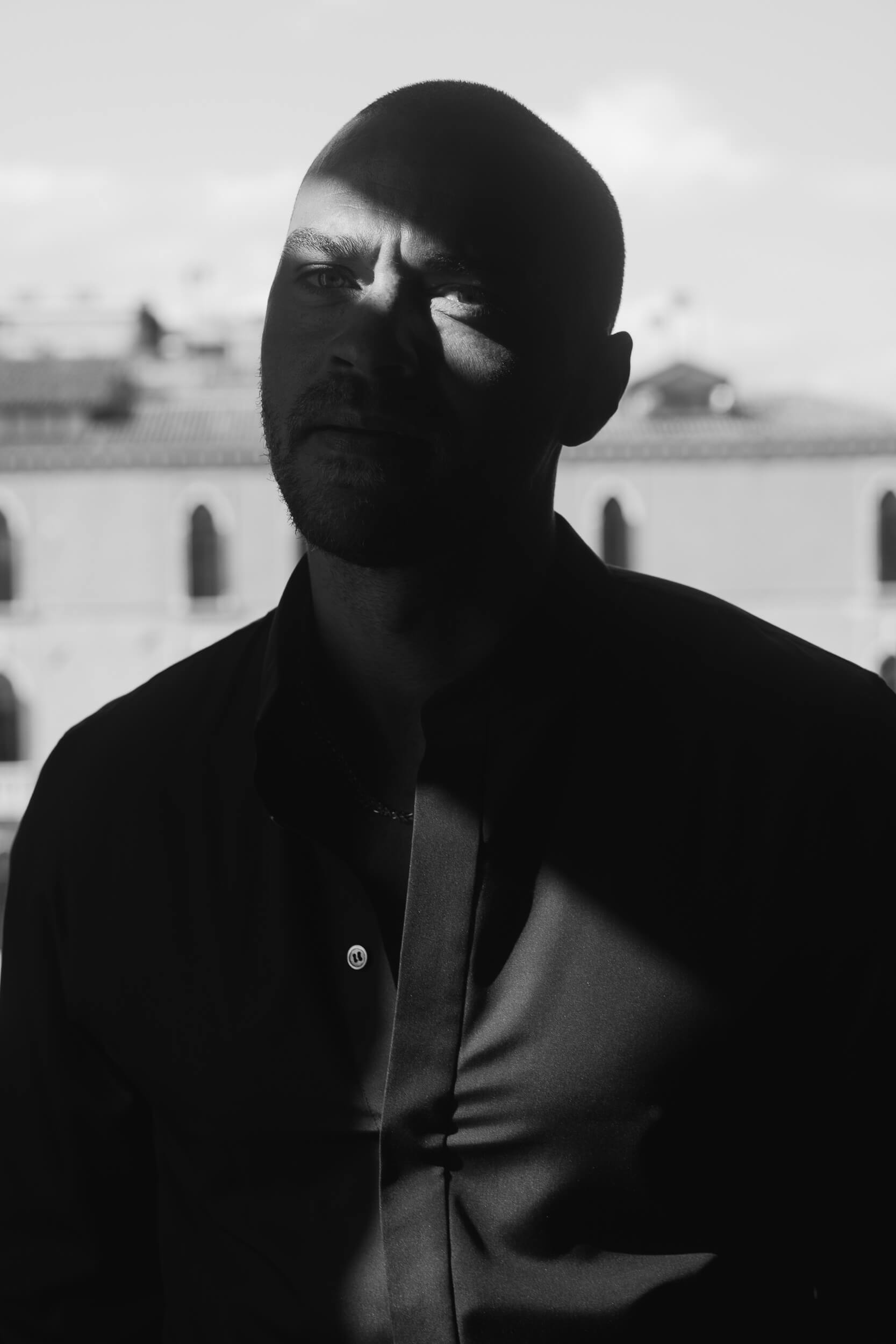
“You know, you want to stay sane and stay balanced, so a comedy is therapy.”
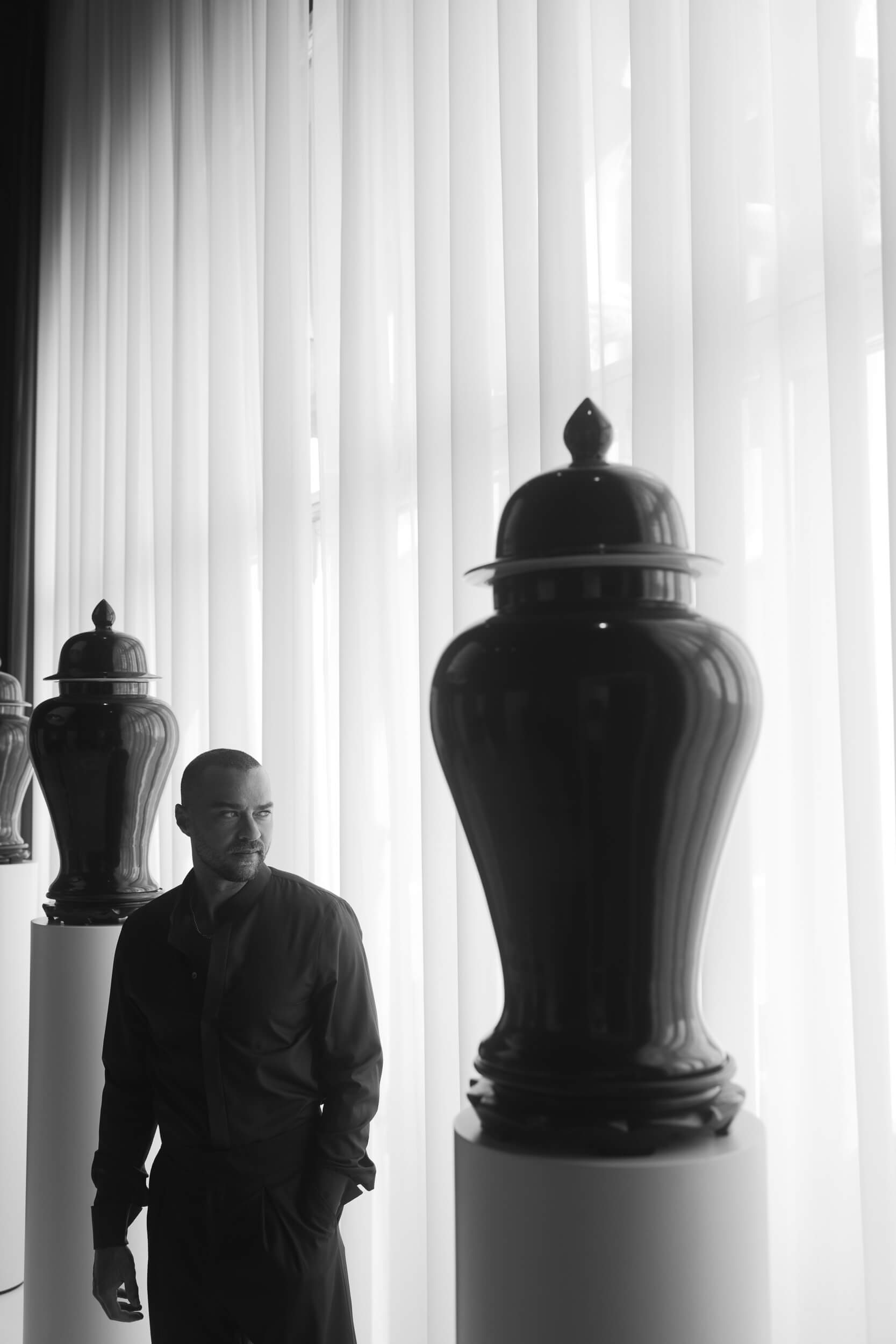
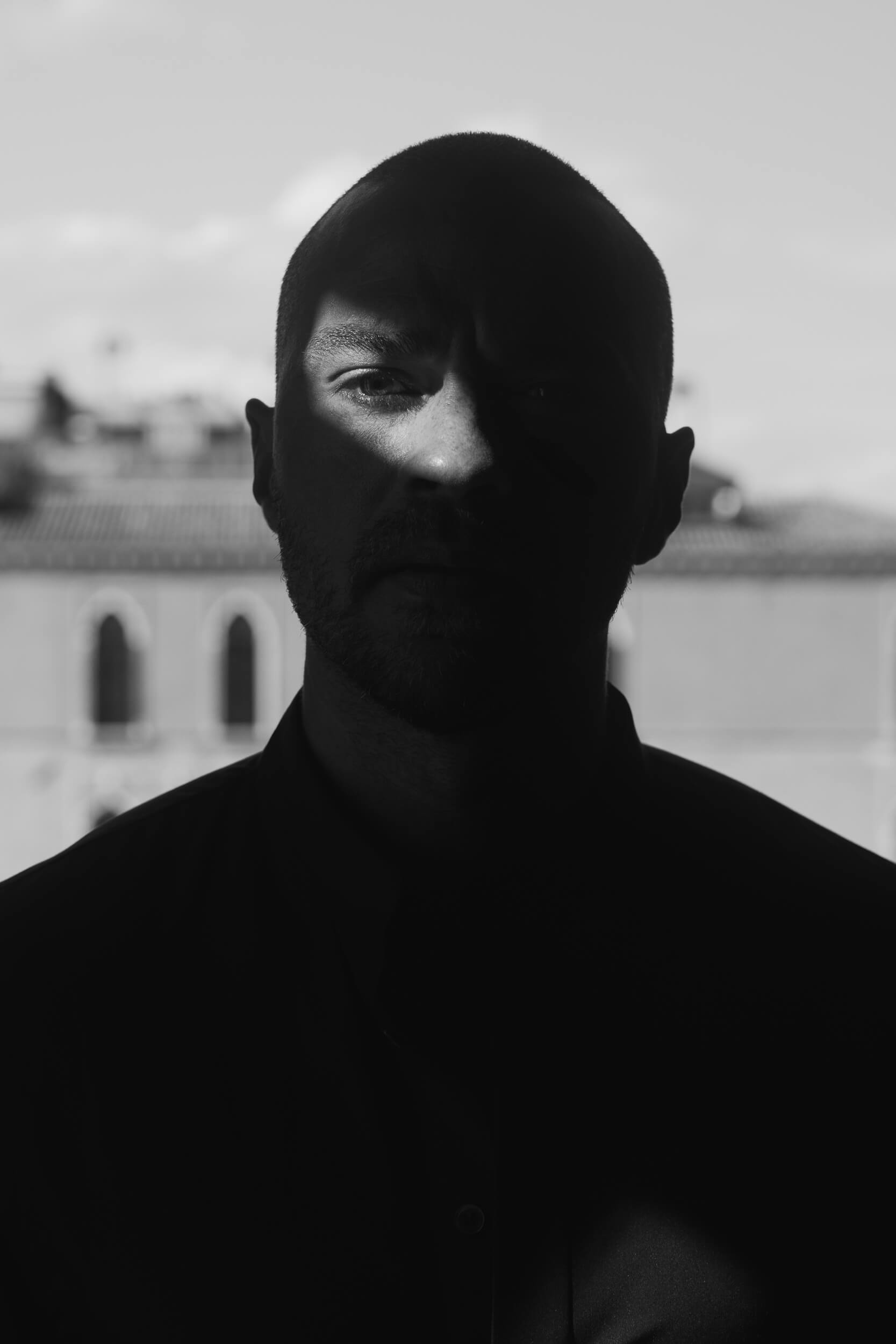
It’s harder than it looks, yes. And if you could describe “Hotel Costiera” with one word, what would it be?
Fun!
You, actors, have the chance to get to know yourselves in depth also thanks to the many lives you live. What’s the latest thing you discovered about yourself thanks to your job?
That’s a good question. I think one of the biggest challenges of shooting something for this long, this far away, has been being away from my children. It’s the longest I’ve been away from my kids, and that’s incredibly difficult. But we’ve learned a way to handle it, me and the kids. So, that’s the personal challenge I had to face because what’s happening in your personal life can affect your professional life. I dove into this big challenge and sacrifice and came out the other side of it happy and satisfied. I’ve learned a lot in my approach for the next opportunity.
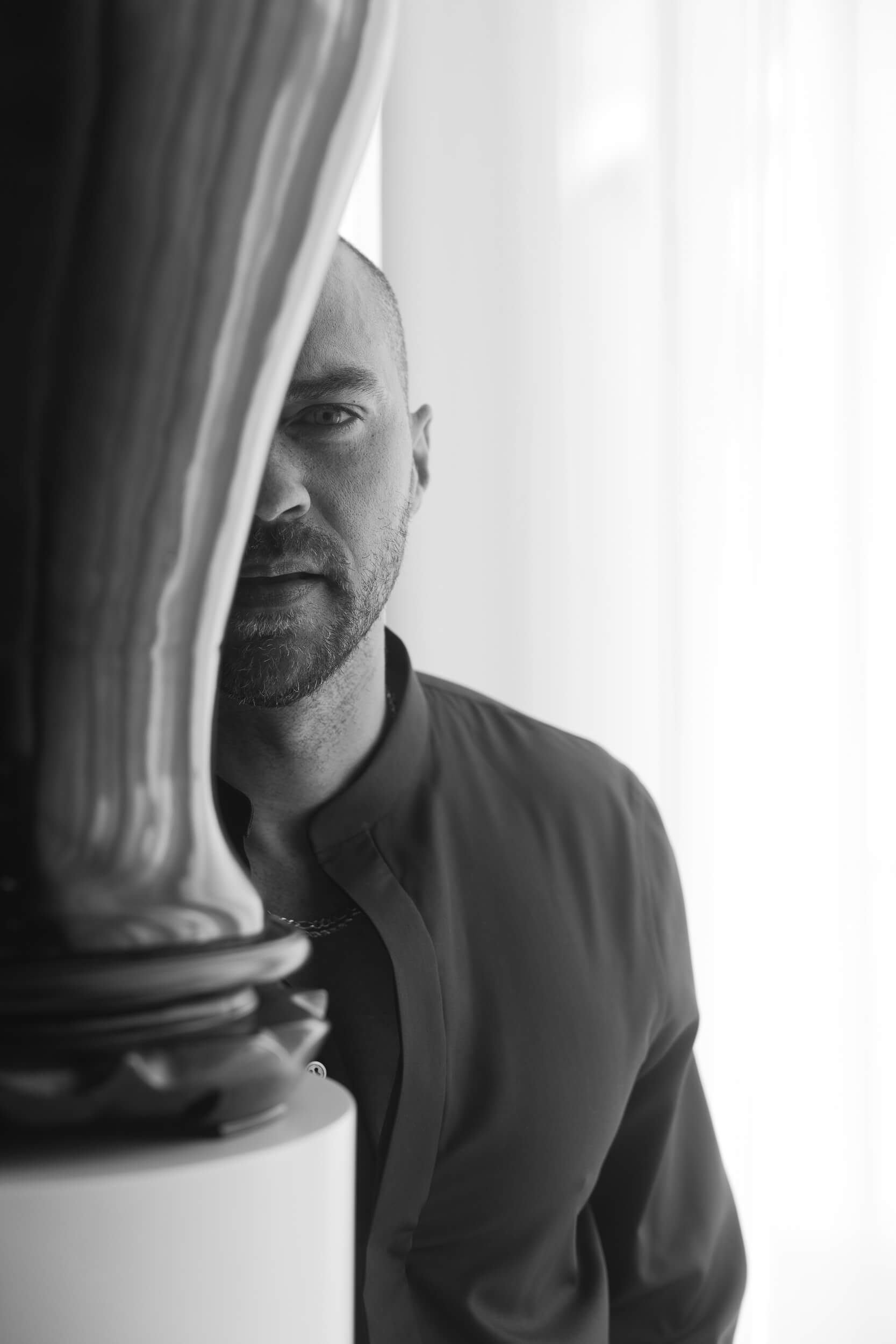
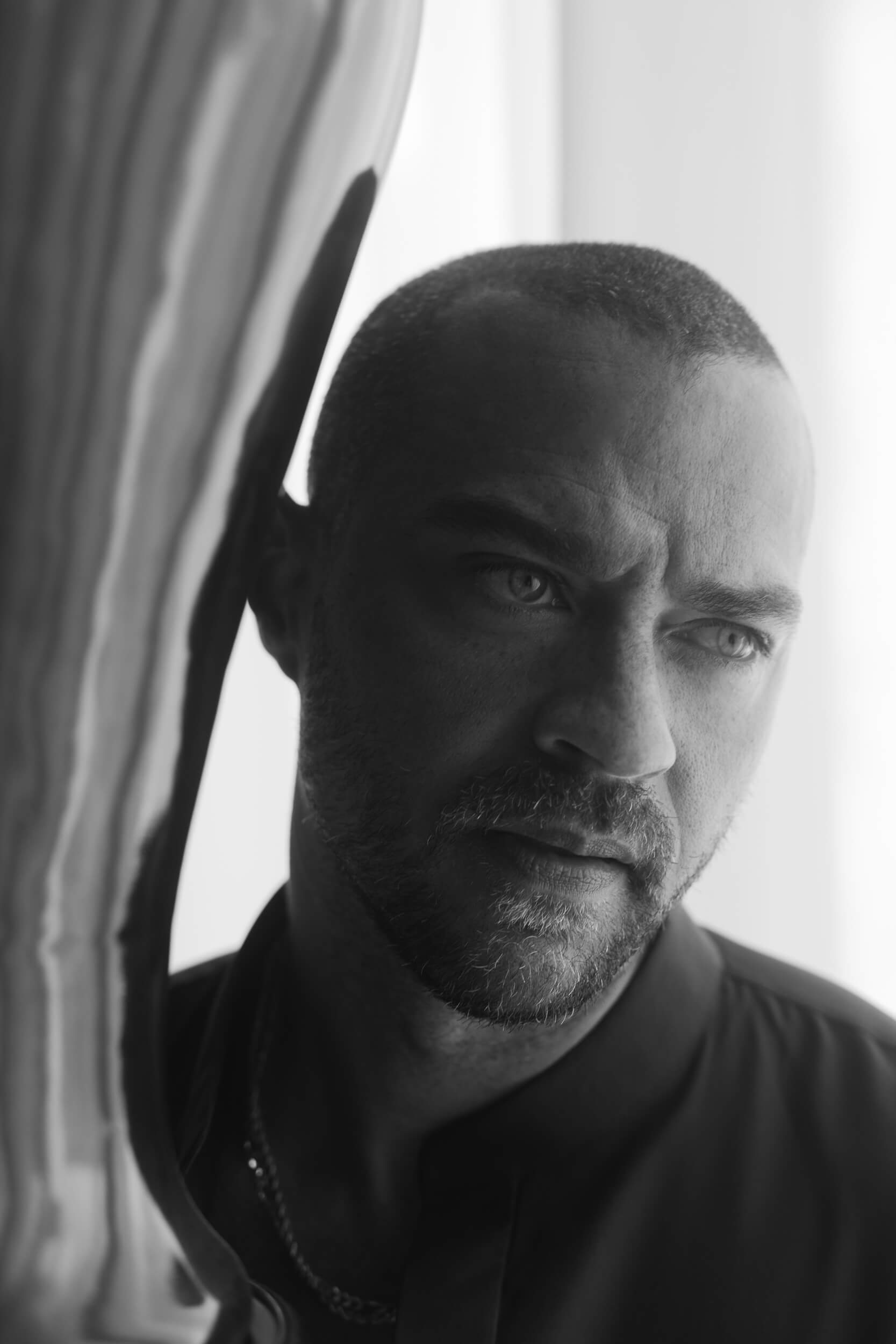
In Venice, on a panel during the Film Festival, you said: “Don’t let the perfect be the enemy of the good”. Did this ever happen to you? How did you overcome it?
Absolutely. It’s happened to me. What comes to my mind is the process of writing – when it’s not perfect, I’m not finished, so I can’t share it, I can’t try to take the next step, and it’s an excuse to keep working on something instead of finishing it. I can relate to that with something that I’m writing. Then, you watch other people who don’t have that hang up, who get things done and they’re not perfect and not even necessarily always good, but they’re getting things done, while perfectionists suffocate on the sidelines, and more ambitious people get out there into the game. There is a real lesson there – it’s important to find the balance between making things with integrity and the value of finishing.
What is your must have on set?
It’s pretty simple: water and chapstick.
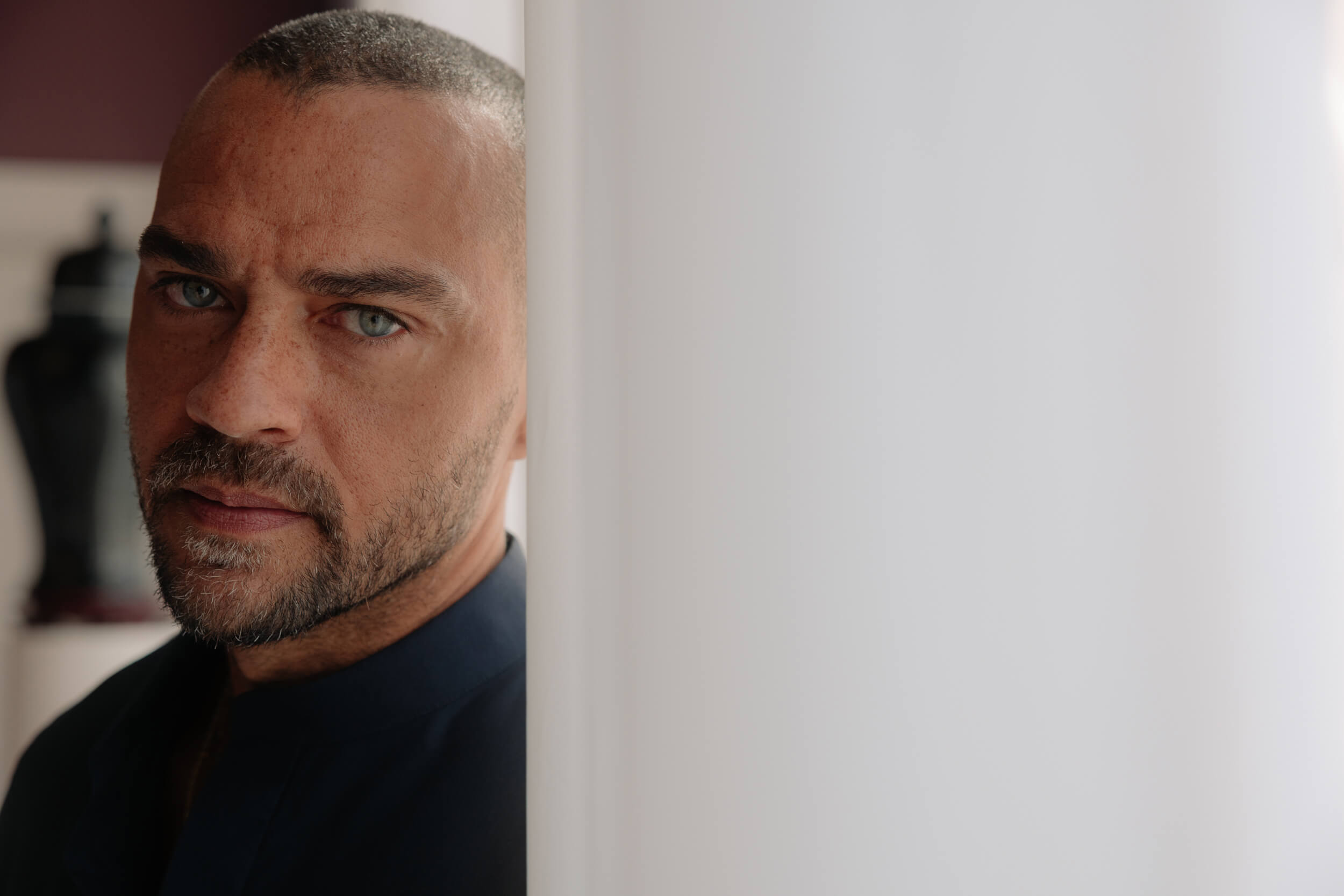
And what is the thing that makes you laugh the most?
My kids make me laugh the most, that’s for sure. And a really smart joke, really smart writing. I’ll come back to that and think of it randomly throughout the day – the craftsmanship of a great joke and a great execution of a joke, the body language and performance of a joke. That’s something that comes back over and over again.
And when is it that you feel the safest and when do you feel the most self-confident?
When I’m prepared. I know the feeling of being unprepared or under prepared and you’re hoping to figure out the rest on the fly, and that’s not a good feeling.
My dad really pushed me early on as a kid about preparation, being ready so you don’t have to get ready, and so that establishes a foundation that I can then play, but without that, it’s pretty disorienting. So, I feel the most self-confident when there’s “less surprises” because I’m ready for anything, still on spontaneity, of course. But yeah, preparation solves a lot of problems.
And what are you reading right now?
Nowadays, because I live in L.A. and I drive so much, I listen to a lot of audiobooks. Right now, I’m not in the middle of a novel, but I’m reading the New Yorker magazine.
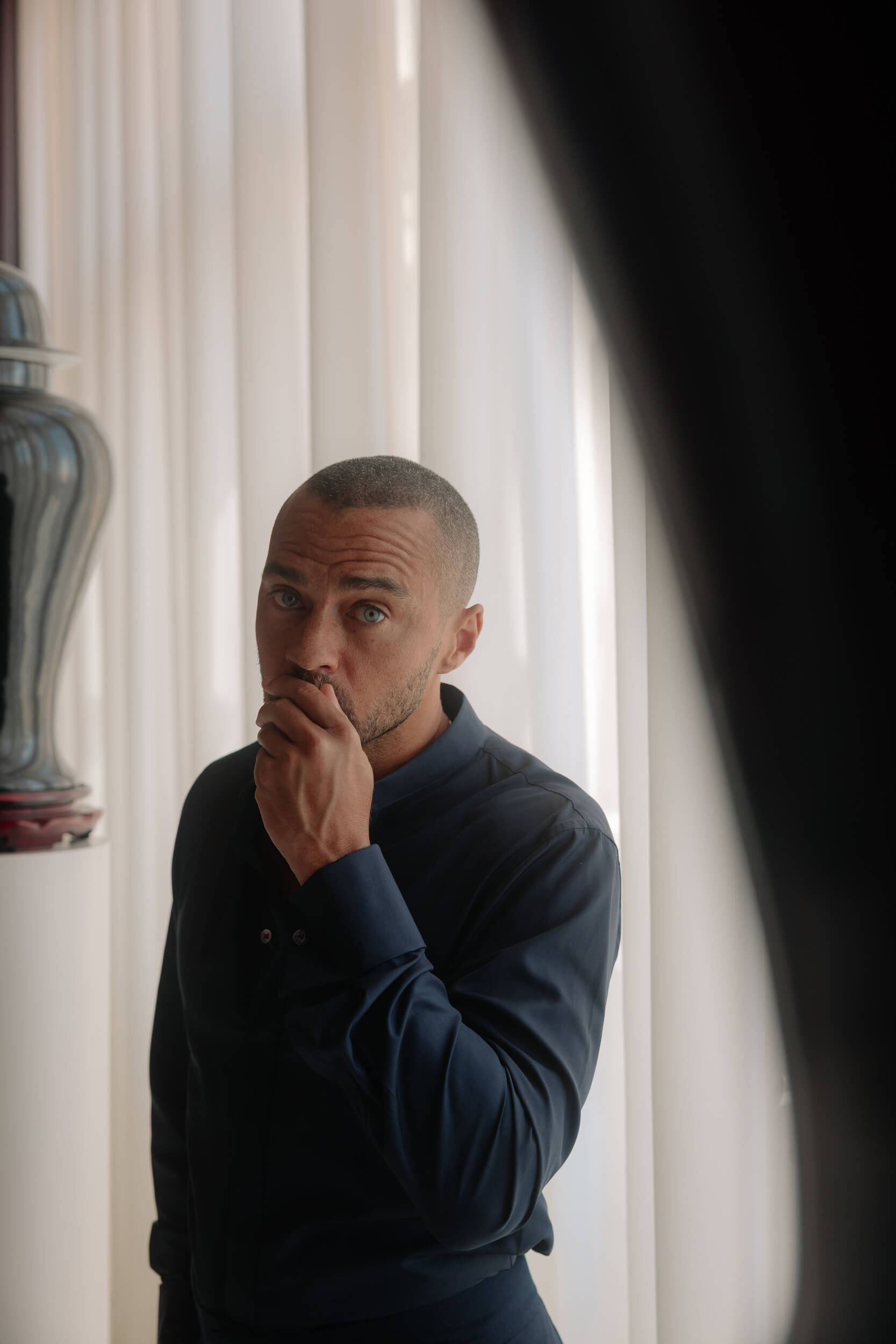
Interesting! And what is the latest film or TV show that you watched and that you particularly liked?
Let’s see. I just I just watched “Stick” and “The Last of Us”. And I just rewatched “Heat”.
So, you’re a re-watcher.
I am. I rewatch things, especially when I only watched them when they came out, like things I only watched in the 90s or the early 2000s. They’re worthy of a rewatch.
What was your greatest act of rebellion?
I was a very rebellious kid. I was always getting into trouble and mischief and sneaking out, so I was a nightmare for my parents.
Anyway, I think that in the business that I’m in, where everybody’s pulling at you and always wanting something from you and always wanting you to give them currency, like pictures, videos, and stuff like that, the biggest act of rebellion is a willingness to protect yourself and your space and say no. That’s the most powerful word in any language, I think, and the more pressure we have on us, the more fearful we are of using it. And I think it’s very important.
And on the other hand, what is your biggest fear?
My biggest fear is not living to my potential.
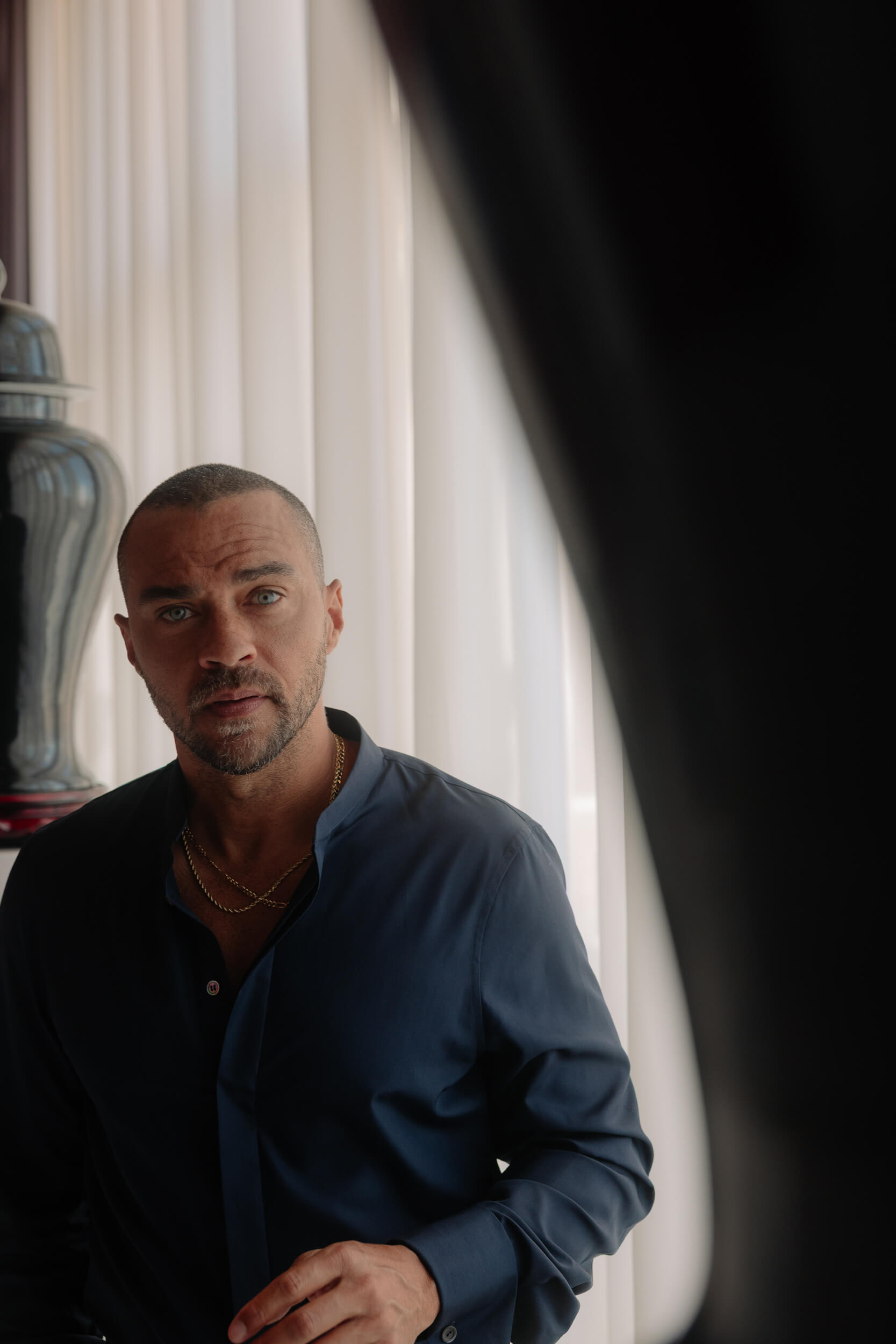
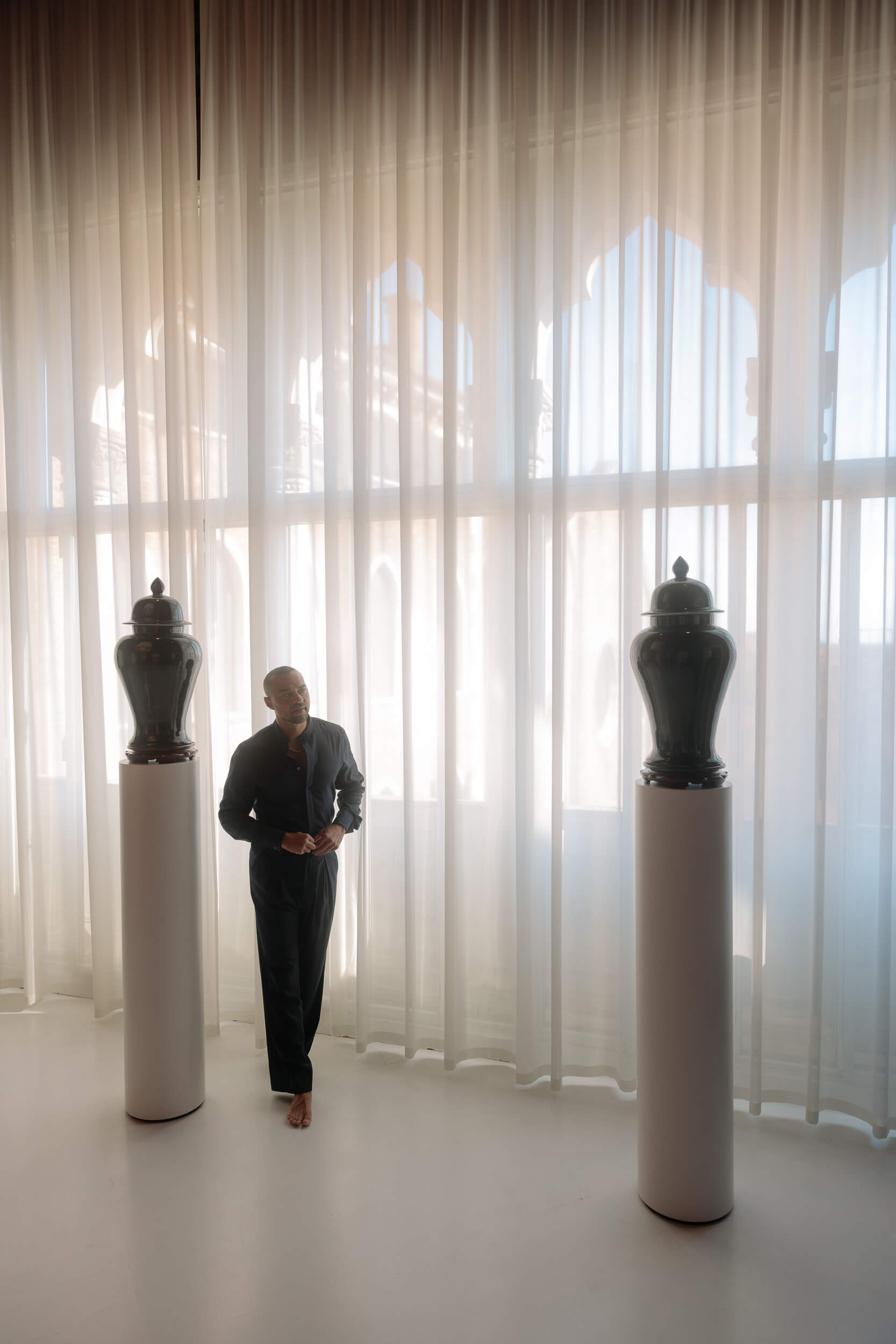
What does it mean to you to feel comfortable in your own skin?
It means to feel like I can speak honestly and ask questions and admit that I don’t know things to really be free. I really like to be alone, but if I’m going to be around people, they must be people whom I can really trust, and I really can feel free to do or say things, express myself without it being used or become currency for others. You know, it’s just being able to be free of manipulation and ulterior motives.
You travel a lot, but what is home to you?
Home is wherever my kids are, which is usually Los Angeles. Home is being on my couch. I do travel a lot, and it’s really satisfying to be able to just come home, take my shoes off and feel out of reach. I would also say a part of getting home is sailing, being out on the water near my mom’s house in Maine. I love sailing and being out on boats and just removed from everybody deep in the woods. So, distance from people is a common theme – I’m definitely something between an introvert and an extrovert, I love a good time, but it sucks and drains a lot of my energy.
Yeah, I totally get you, I’m just the same. You know, you need to recharge sometimes and be alone to be able do it.
Yeah, but a form of recharging can also be being around people.
Yes, so it can be very confusing, sometimes. One last question for you. What is your happy place?
My happy place is sailing on the ocean. It’s the quiet and the humbling experience of being on something so massive like the ocean that can lift you up or destroy you without any warning. Just hearing nature – that’s my happiest place, being out on the shore or the ocean in Maine.
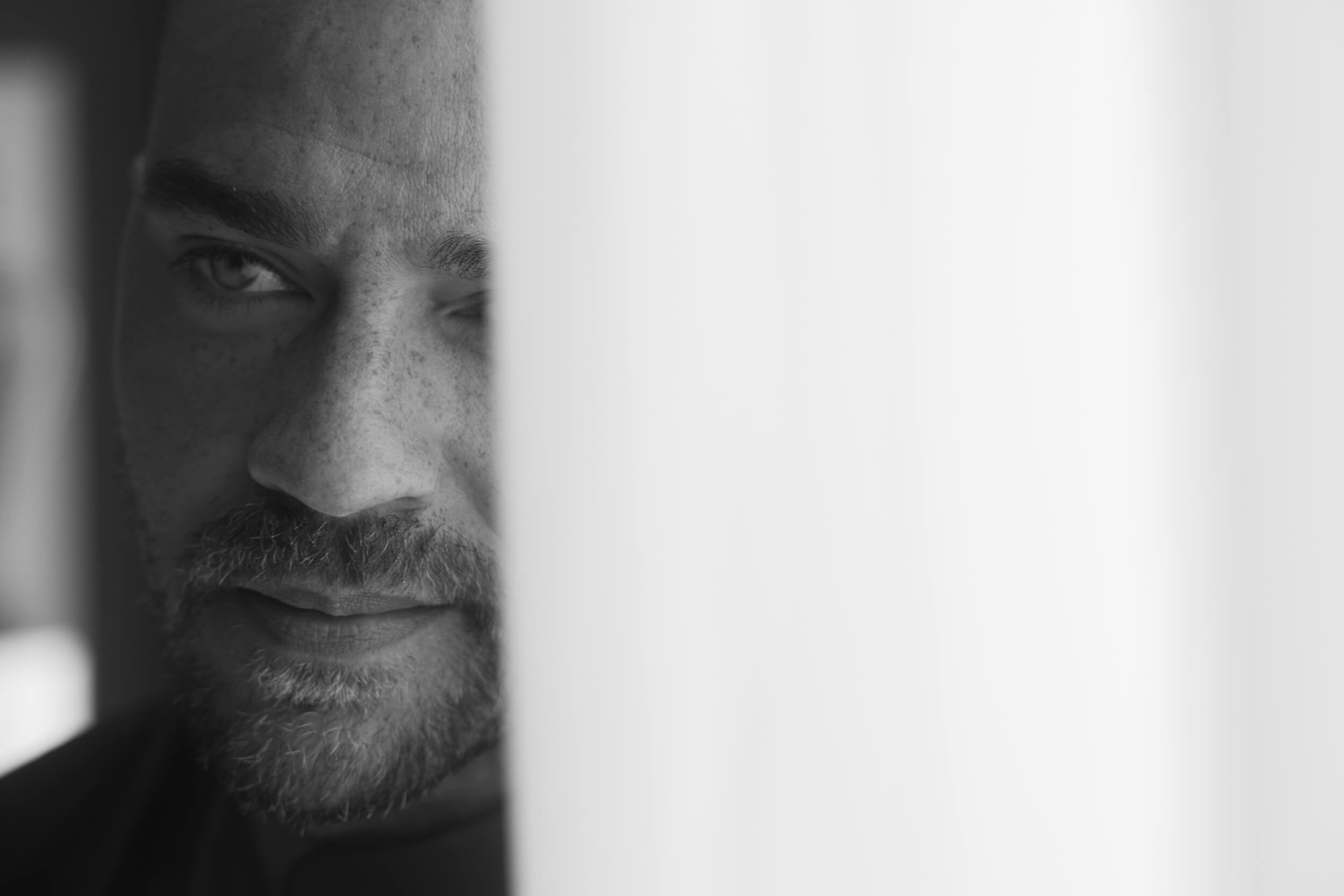
Photos & Video by Johnny Carrano.
Grooming by Rachid Tahar using Armani Beauty.
Styling by Law Roach.
Location: Sina Centurion Palace.
Thanks to Armani Beauty.

